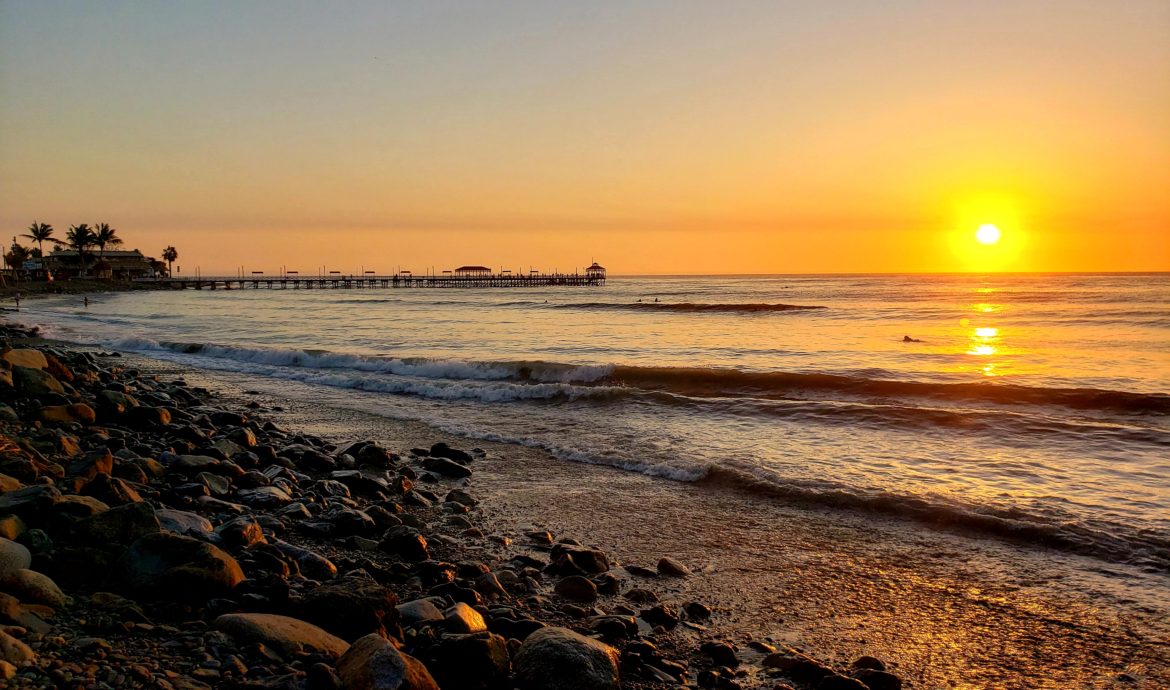
¡Rema!
Perú“¡Rema!” Brando shouted. The wave rushed over me and left me spitting saltwater onto the surfboard.
“¿Qué significa ‘rema?’” I gasped, as I swam back toward him.
He stroked the water with his arms. Aha. Paddle. That makes sense.
Brando spoke decent English, but I had asked him to teach me to surf in español. Why? Same reason I always ask for the menu in español and try to speak español even in bilingual touristy areas like the lazy beachfront of Huanchaco: “Siempre practicando.” At least, until they recognize my mediocre proficiency and switch me back to English. Brando had been chill to continue in español, however.
“Cuando digo, ‘baja,’ caes atrás la tabla en tu espalda. Hay piedras debajo el surf, entonces, tenga cuidado.”
He said it too fast and I didn’t understand anything but the last bit – to be careful of the rocks under the surf. This seemed like a warning I should understand better.
“Un momento,” I told him. “Entonces – yo me voy de la – ¿surfboard?”
“La tabla.”
“Yo me voy de la tabla, y – me cae – no, me cayo…”
“Caigo.”
“Me caigo en el mar. ¿Cuándo?”
“Cuando termina la ola.”
“¿La ola?”
“The wave.”
Ok. Entendido, I understood. When the wave ends, I should fall backwards off the surfboard.
After five months of practice, I’m not much more graceful speaking Spanish than I am on a surfboard, but I’ve become fairly competent in communicating on an everyday basis with locals. People express surprise when I tell them I’m from los Estados Unidos: “Pero, hablas español.”
“Mi acento es mejor que mi vocabulario,” I tell them. After all, it’s easy to pick up an accent when surrounded by it everyday. But my accent belies my lack of comprehension when they rattle off castellano in a swift, quirky peruano dialect, sometimes adding a word or two of Quechua for flavor.
The techniques I used with Brando in the waves have been crucial in learning to communicate throughout South America. I ask when I hear a word that I don’t know, and I try to repeat instructions or complex phrases to confirm that I understand what people are telling me. As simple as that seems, it’s tough to interrupt the flow of a quickly speaking shop owner to ask a dumb question – “what does that mean?” – or offer a stuttered repetition of what they said. It would be easier to nod and pretend I understand. But I’ve realized that each conversation is an opportunity to learn. And that most people sympathize and speak more slowly and clearly when I admit that I need a little help.
Floating in the surf, asking Brando what words mean, I suddenly felt a strange nostalgia for the faraway conference rooms of corporate America. Admitting that I don’t understand what’s being said to me was a crucial part of my job as an M&A consultant. I’d be thrown in a conference room with the CFO and controller of a company that I’d only learned existed a week earlier. My charge was to interrogate them on the financial position of their company. Many times, it seemed like these professionals, who were much more experienced than me, spoke a different language. They’d yammer about accounting pronouncements, system capabilities, and operational metrics in what sounded like a foreign language. But I was supposed to be the expert – the consultant brought in to evaluate their financial records on behalf of a prospective investor. So often, the most difficult question to ask was, “Slow down. What do you mean by that?” When repeating something they said to me, in more simple terms, I would risk embarrassing myself with an incorrect understanding, exposing what could be perceived as a lack of expertise or competence. But these questions would make the difference between learning their business and pretending I knew their business. The more stupid questions I asked, the higher quality product I could provide to my client.
When I left for South America, I didn’t think that I could transfer many skills from my life as an M&A consultant to that of a vagabond bikepacker. But learning skills requires the skill of learning, whether it be complex accounting, a new language, or catching waves.
The next time Brando shouted, “¡rema!,” I knew what he meant. I paddled furiously, jumped on la tabla, and wobbled my legs with wonder as la ola pushed me toward la playa. I wouldn’t be making it into any local highlight reels, but at least I would splash into the surf smiling at my incremental improvement.
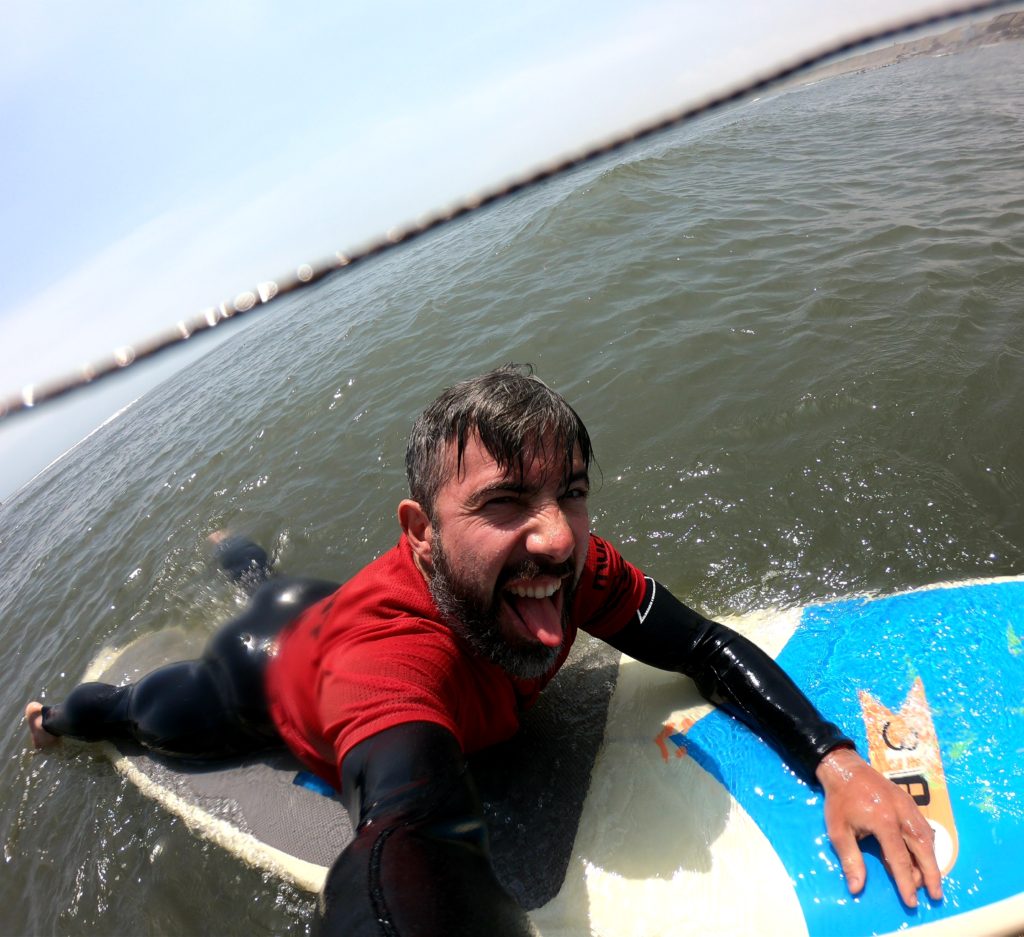
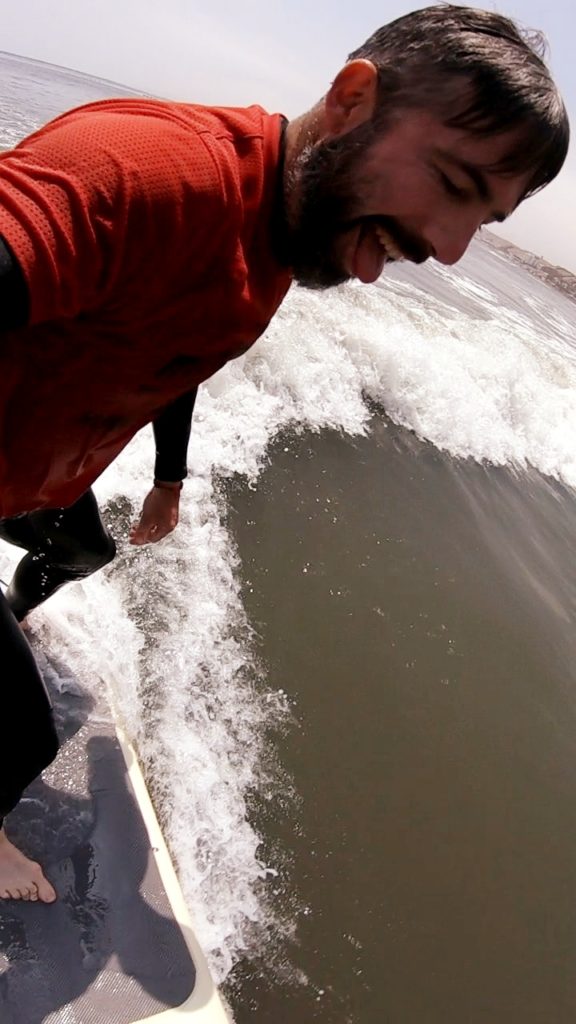
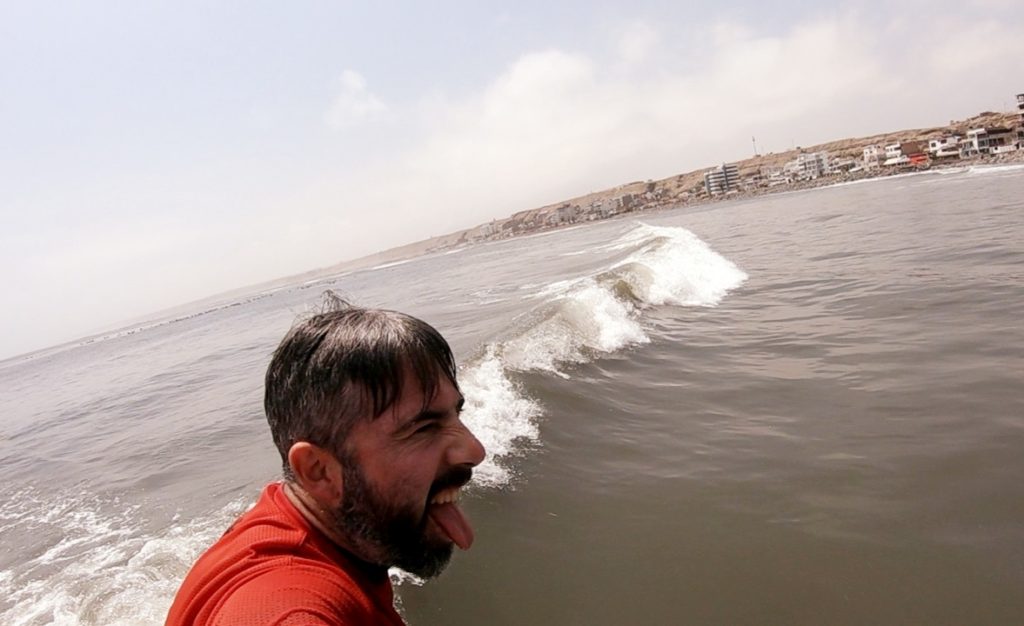
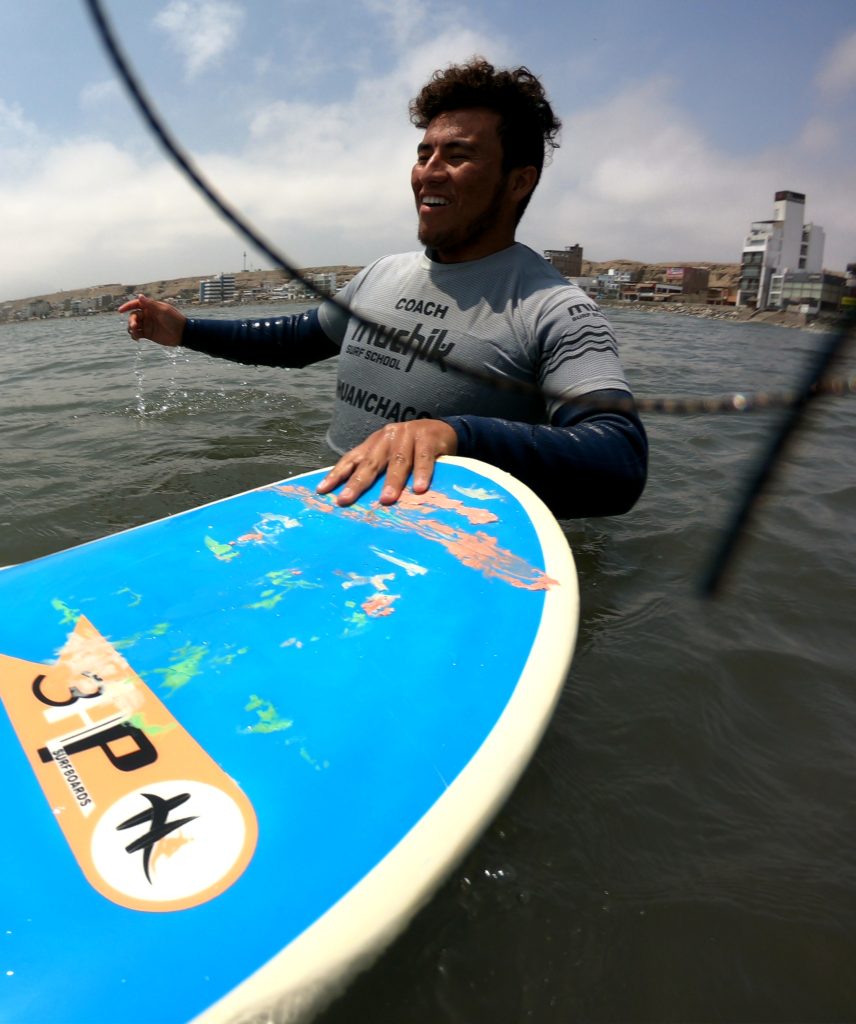
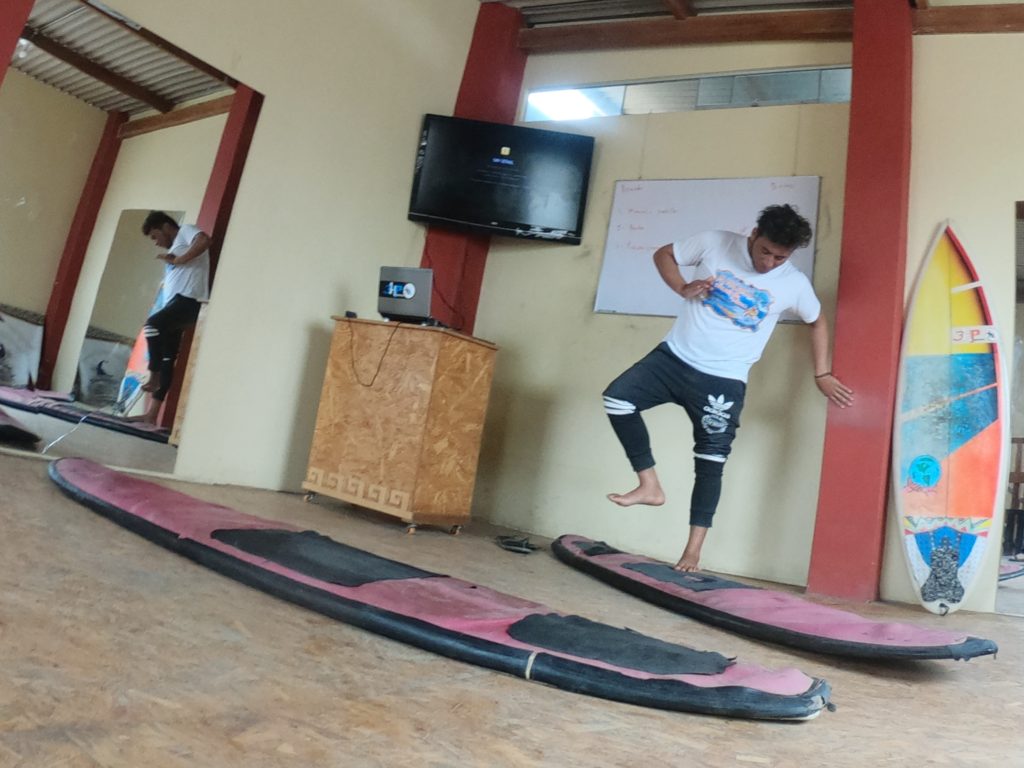
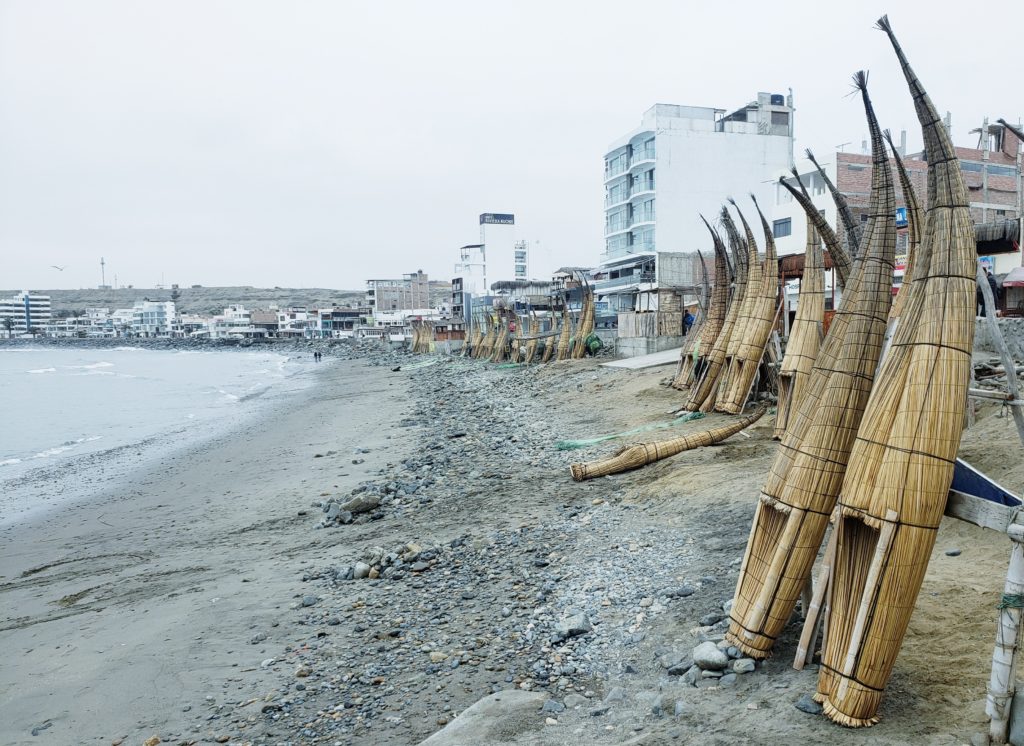

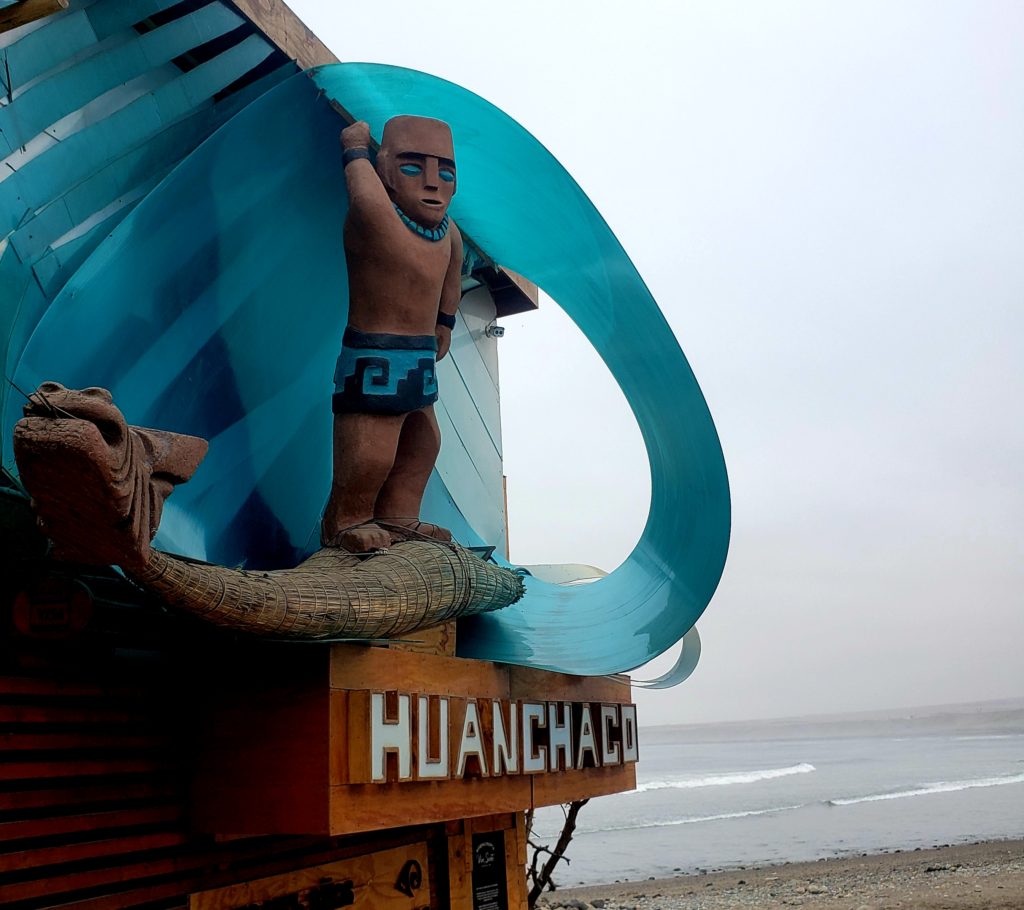
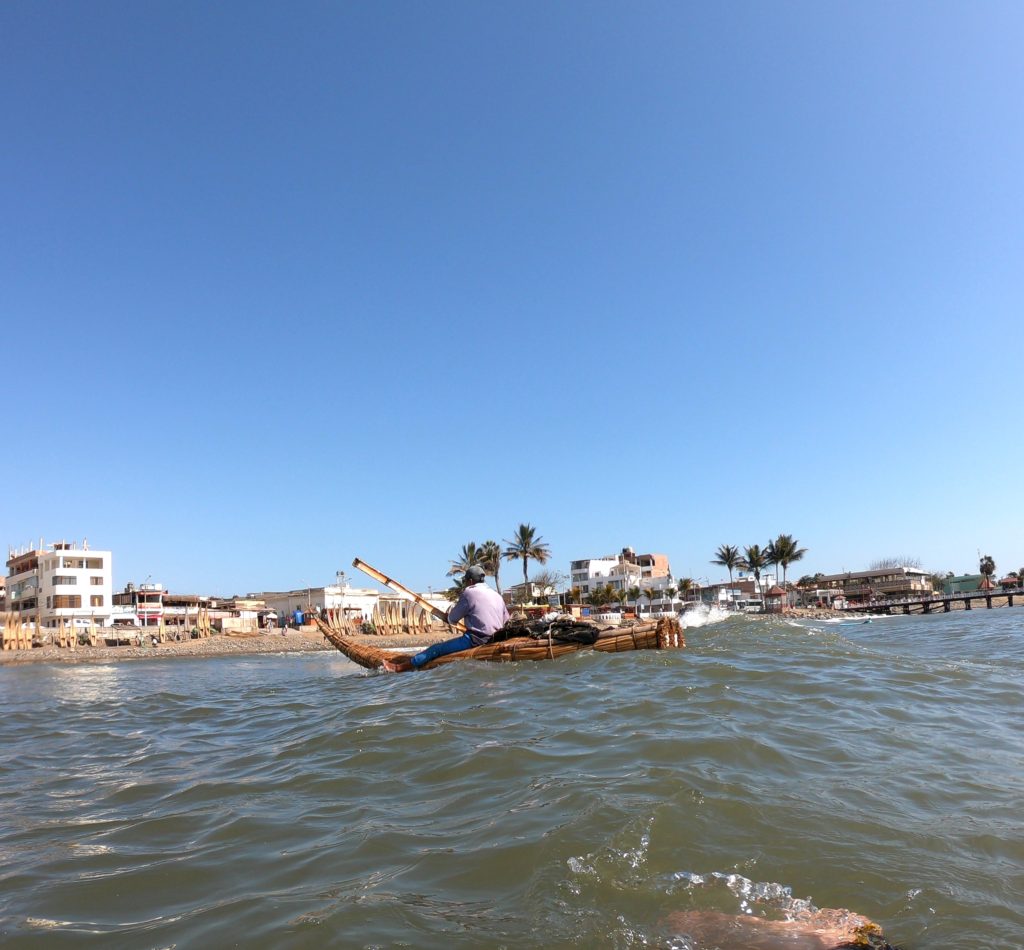
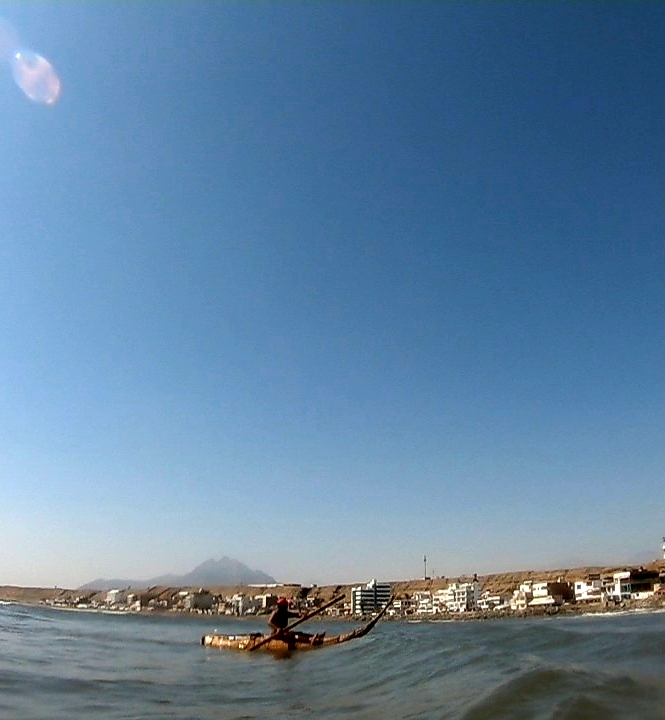
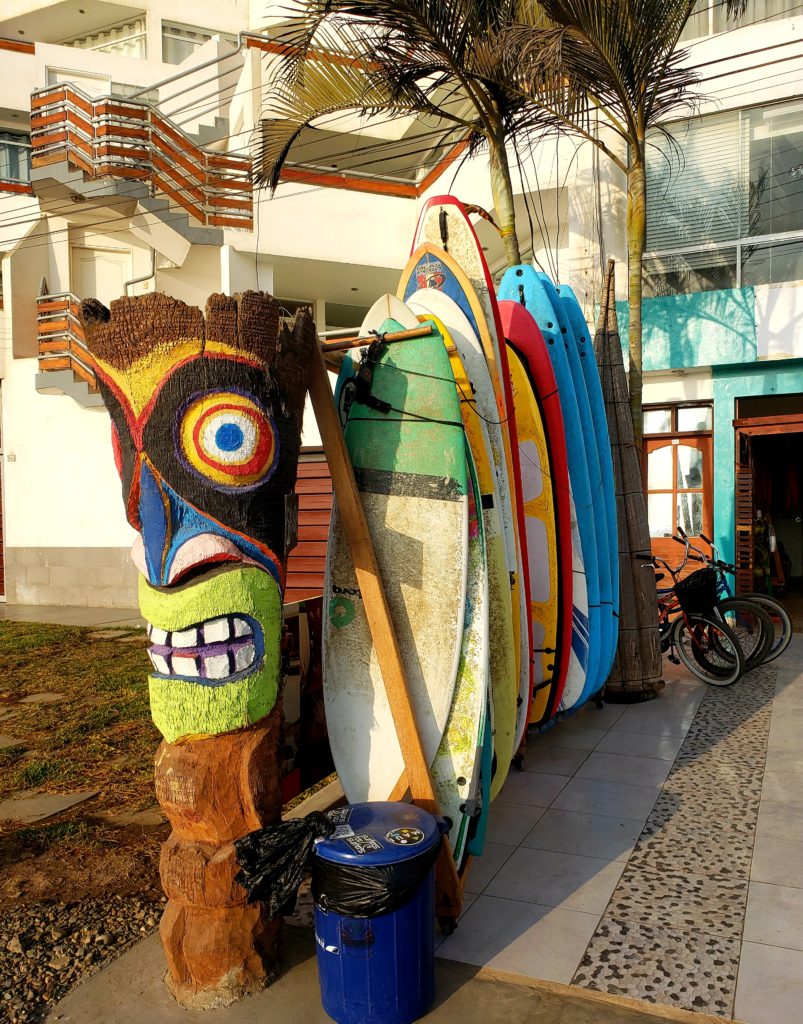
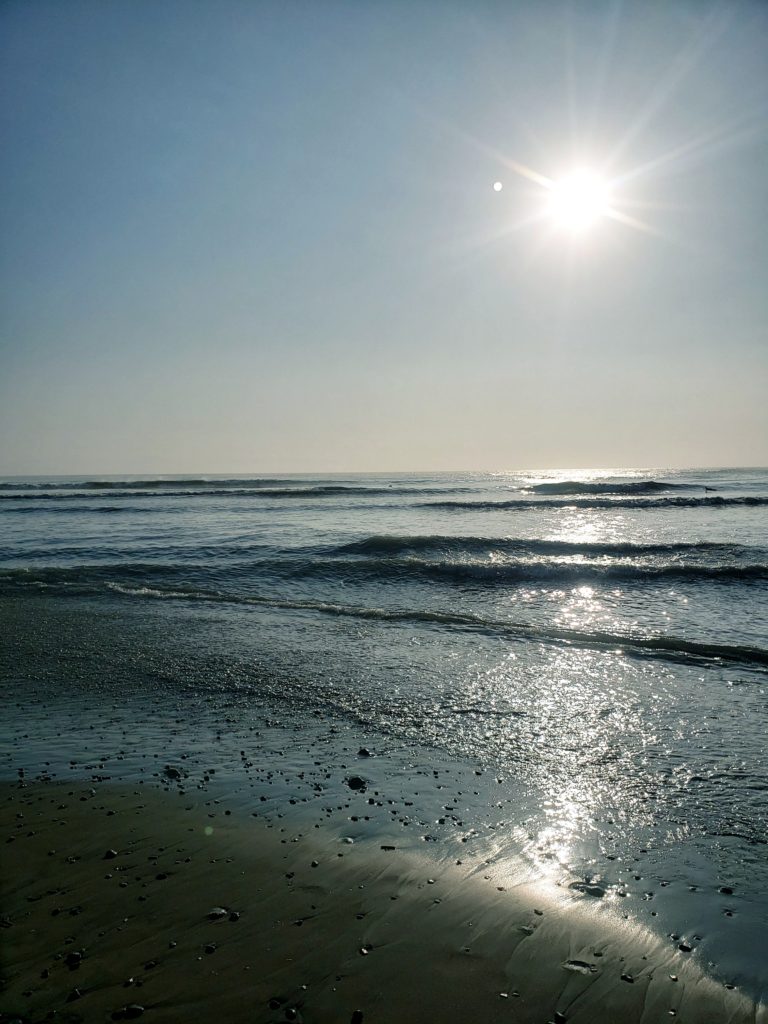
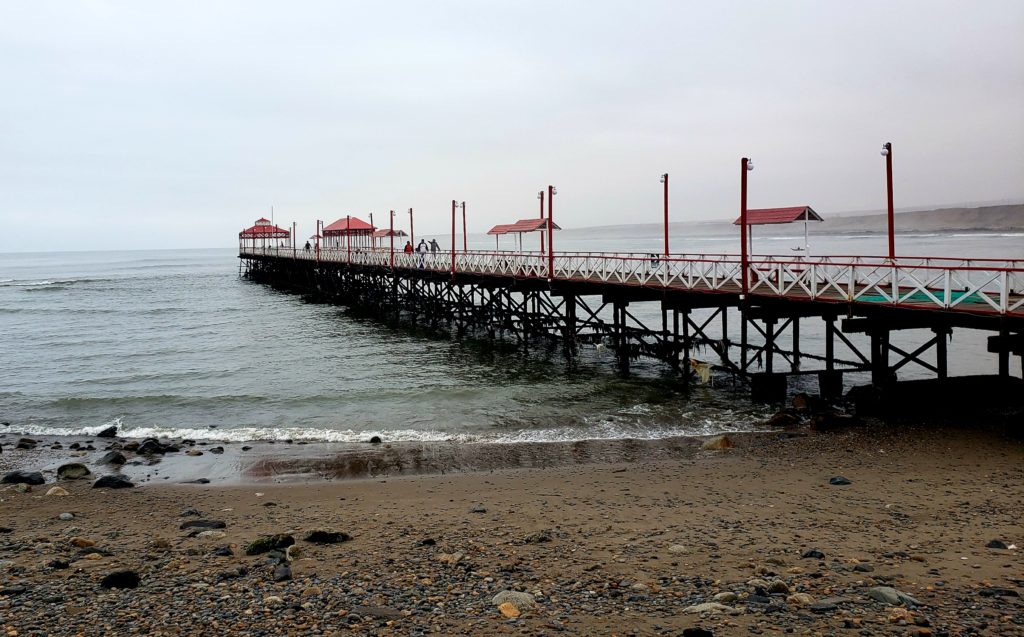
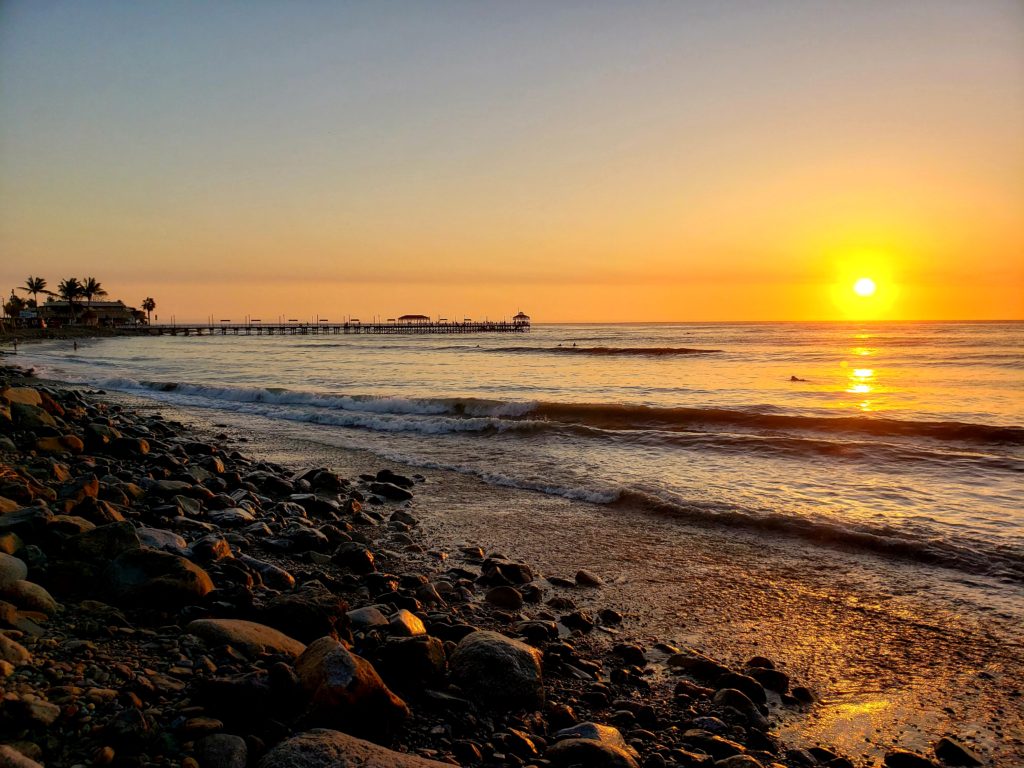
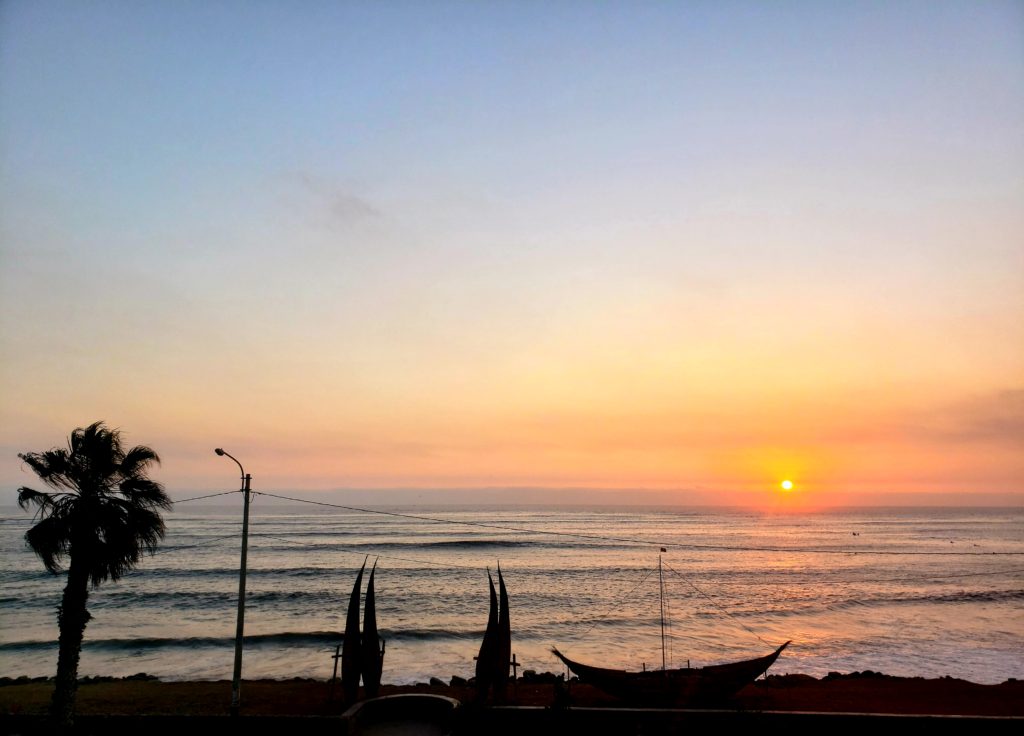
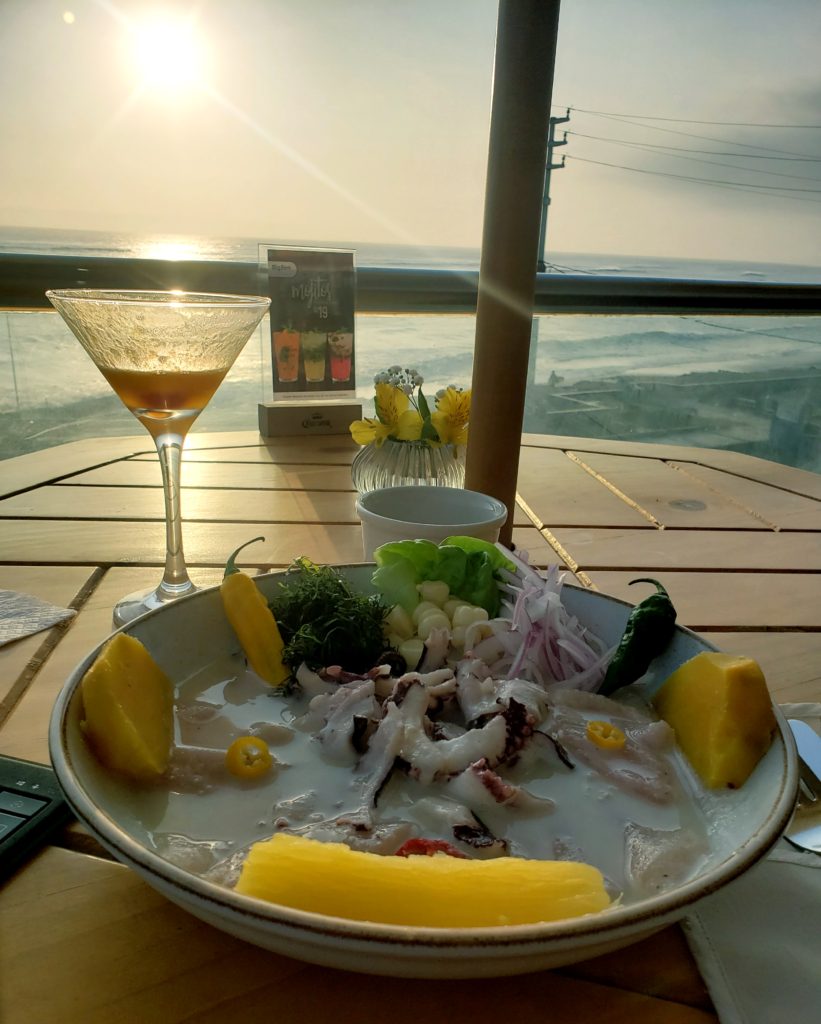
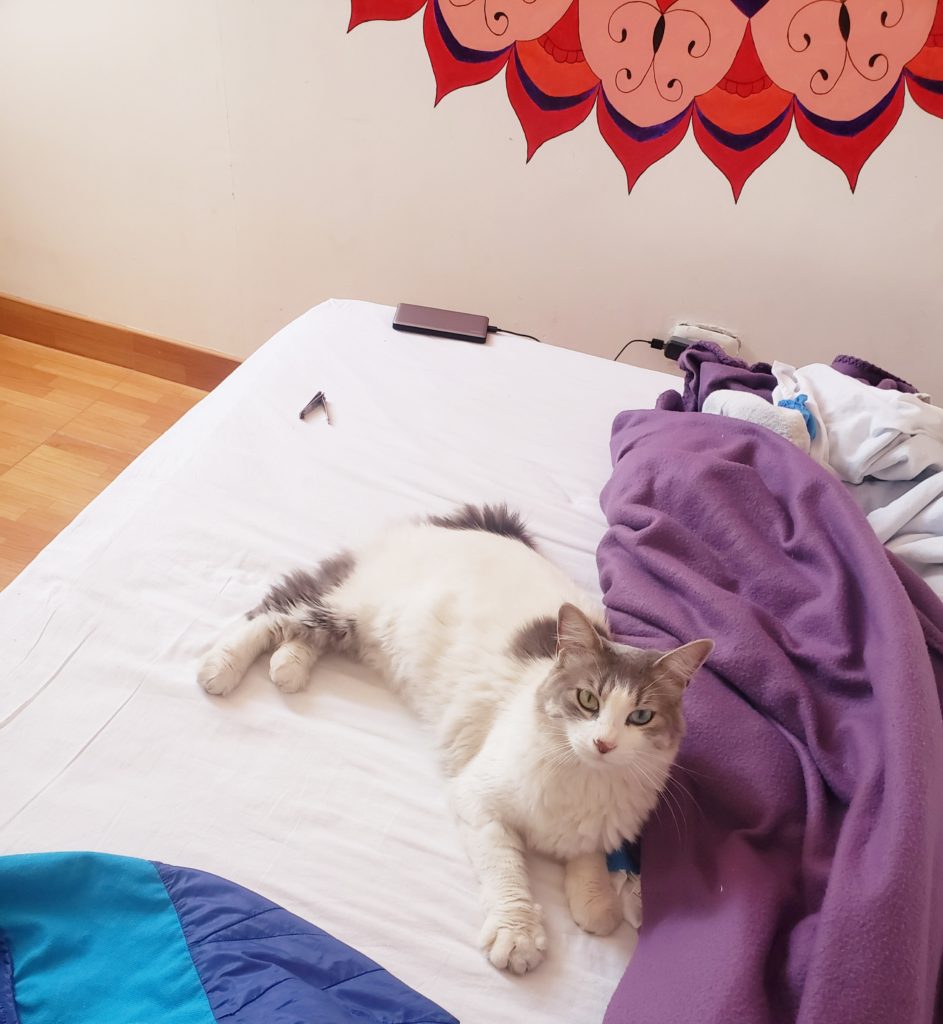



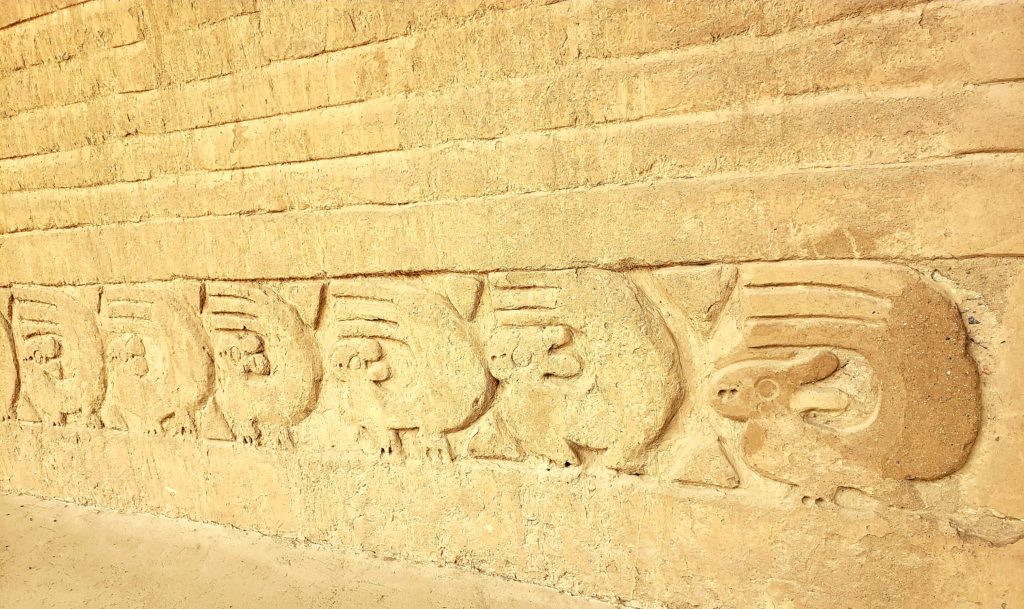
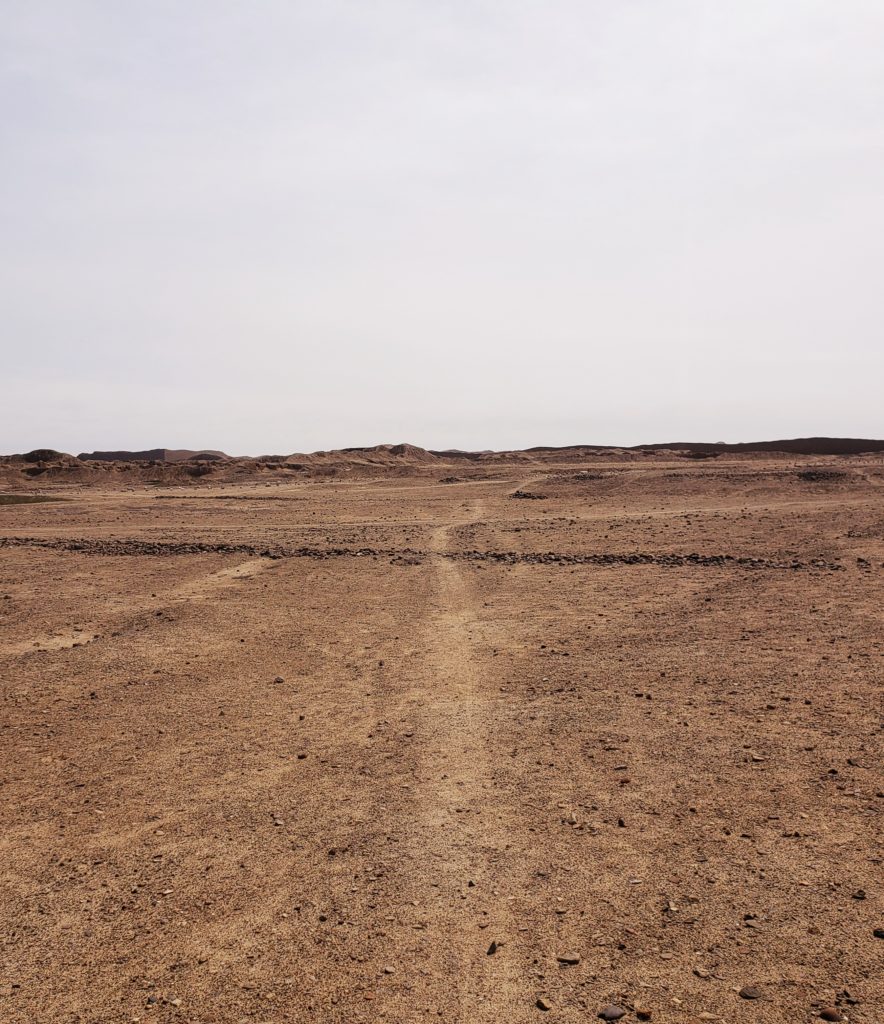

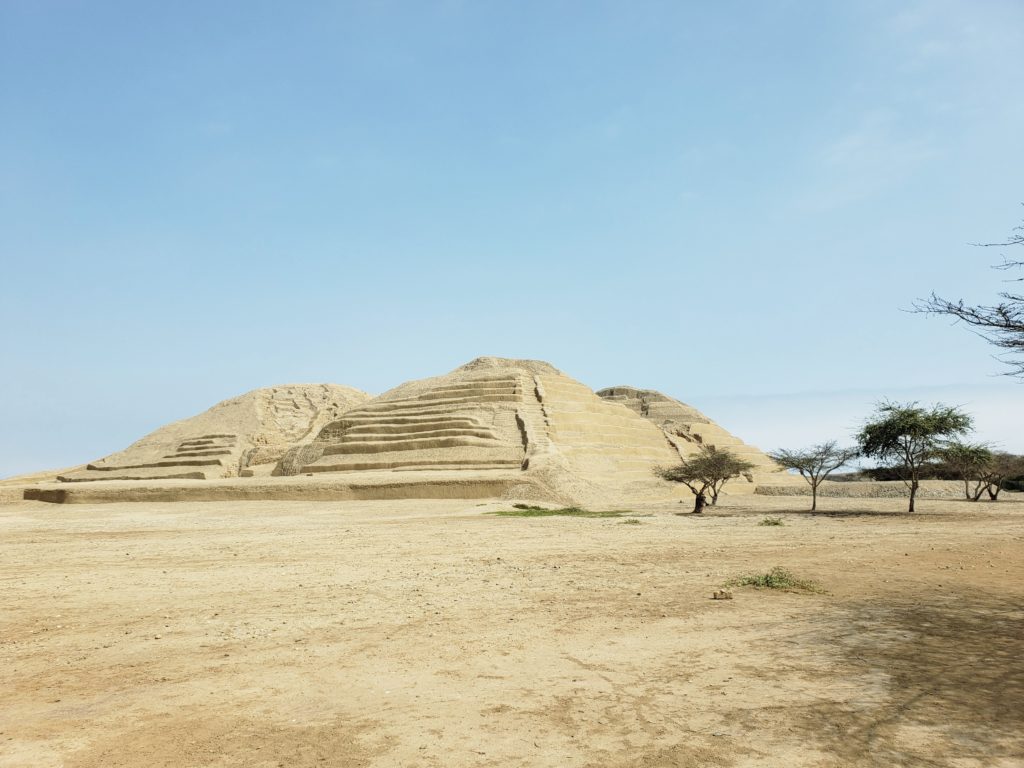
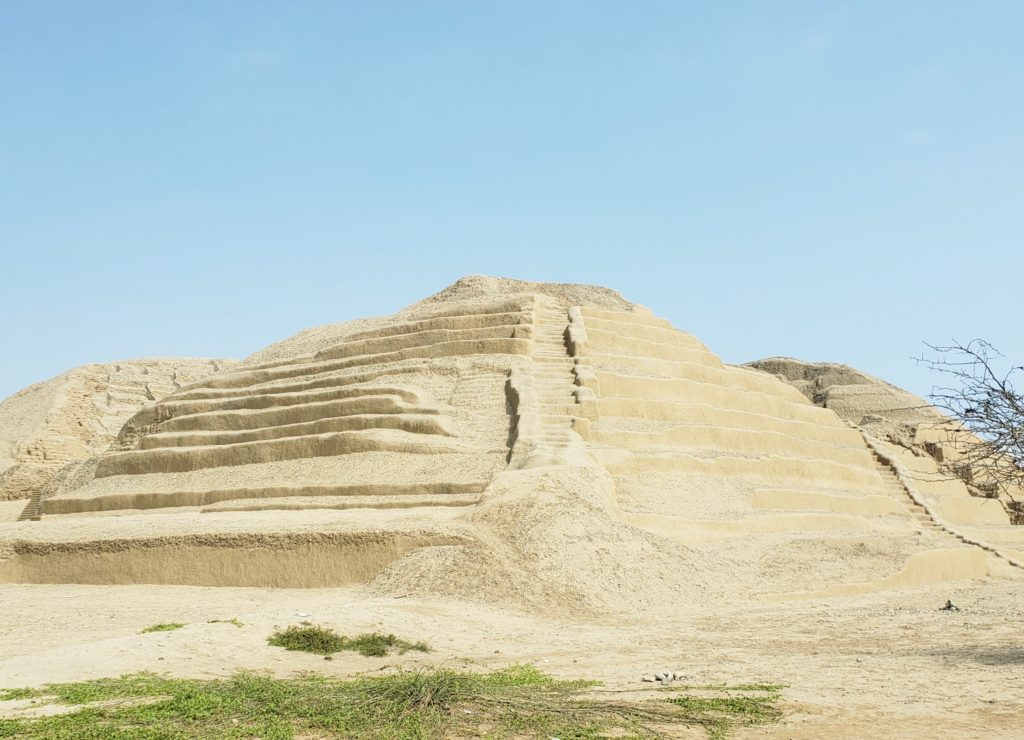

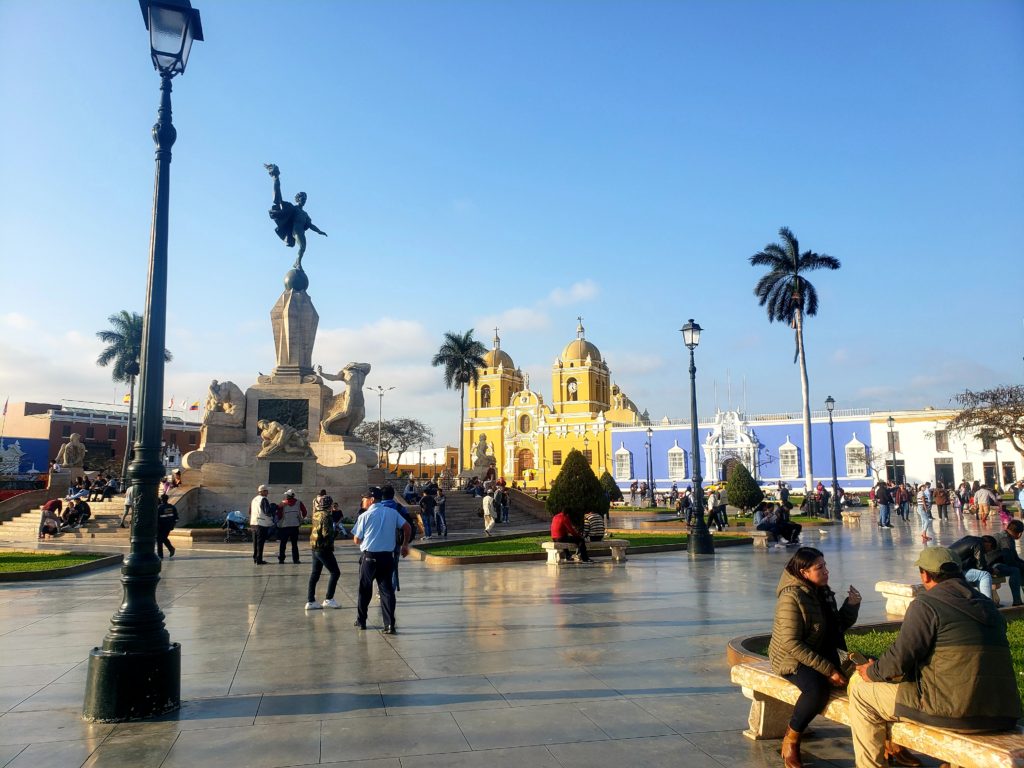

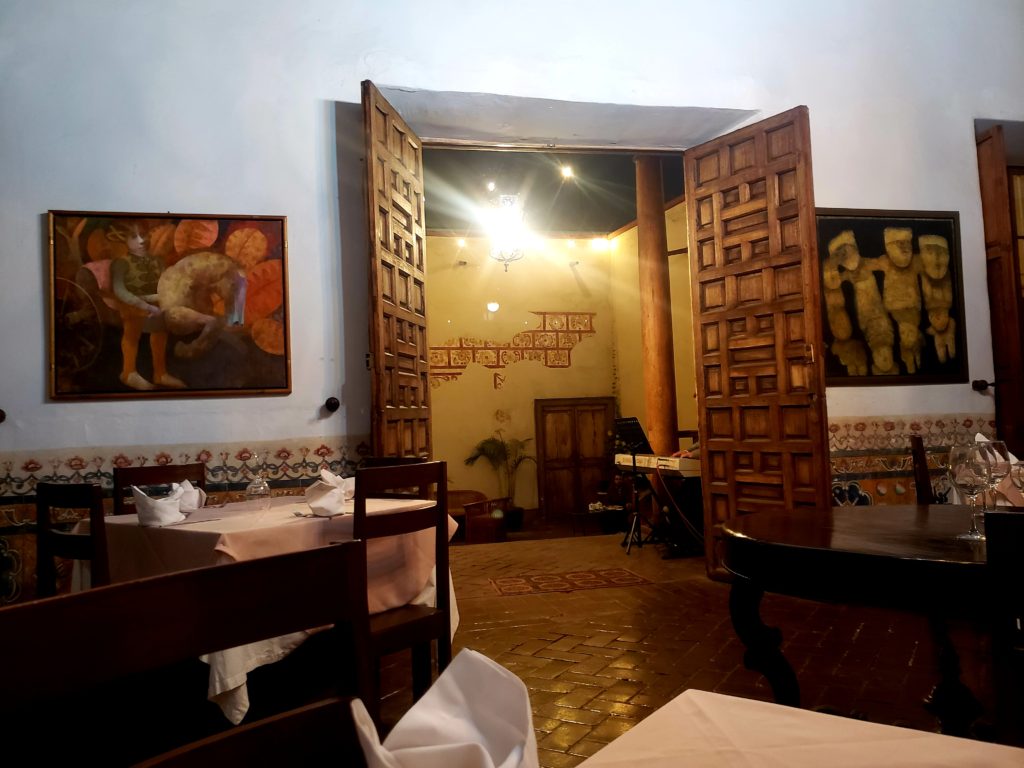

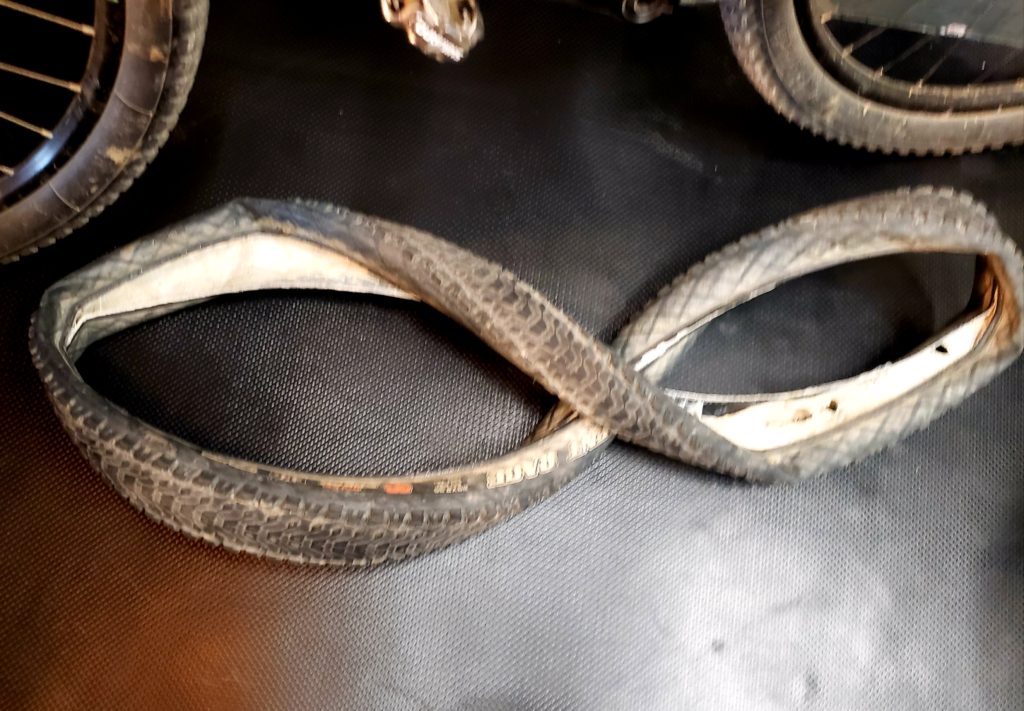
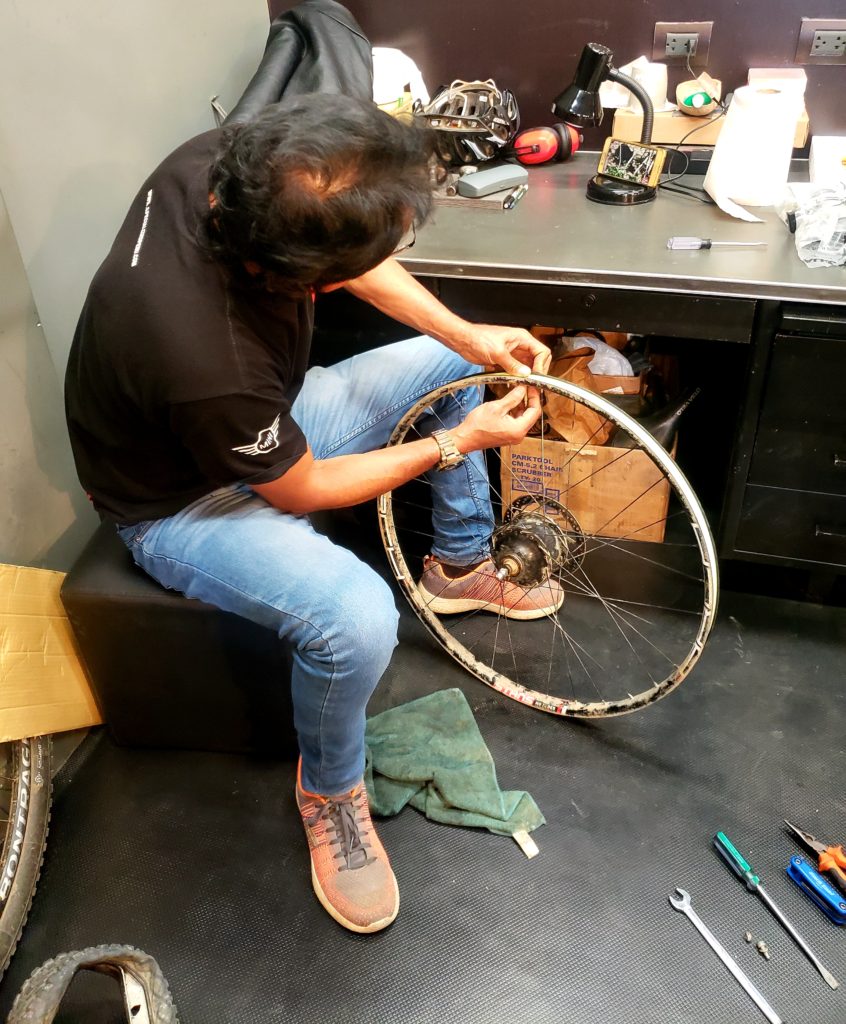
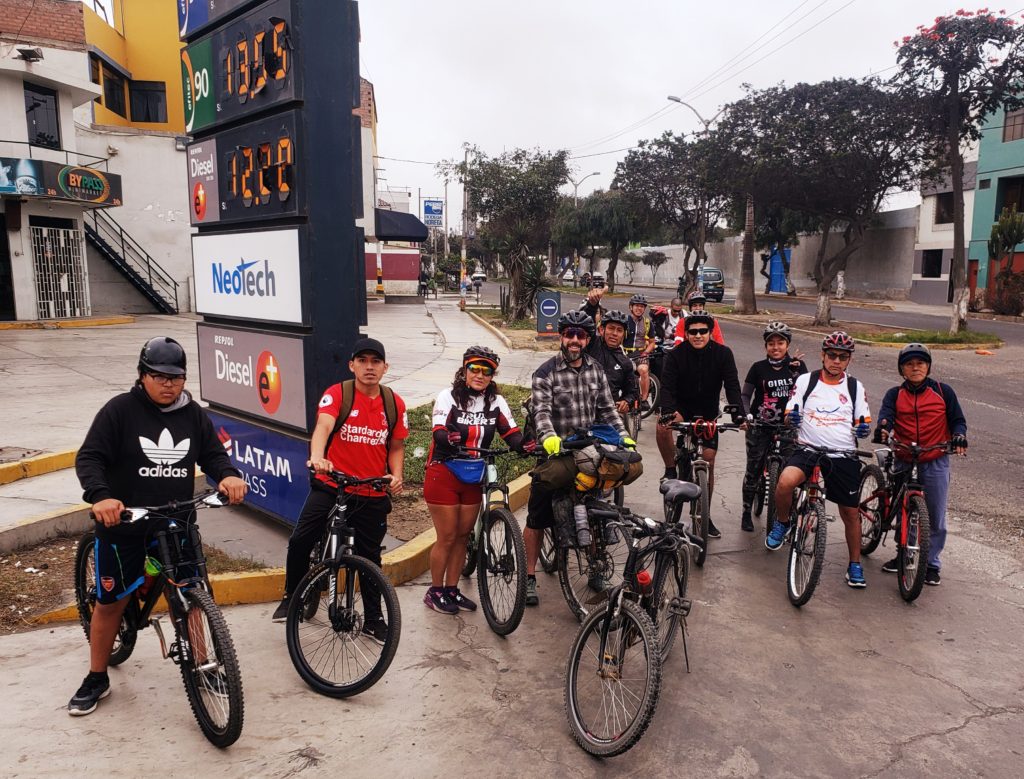
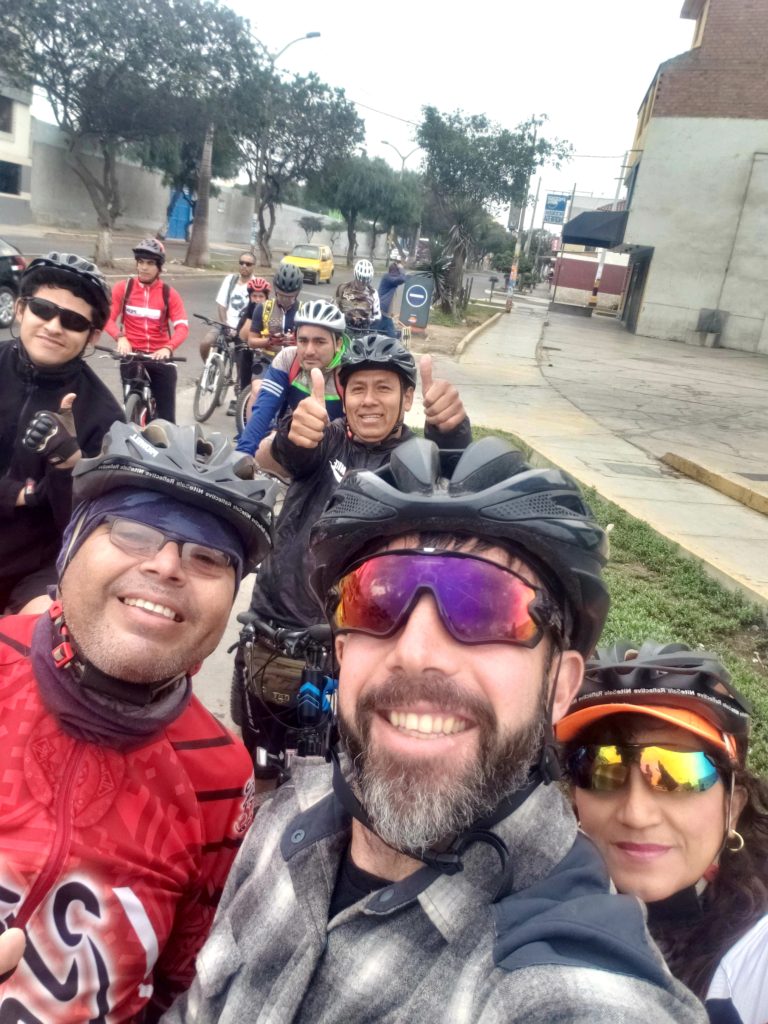
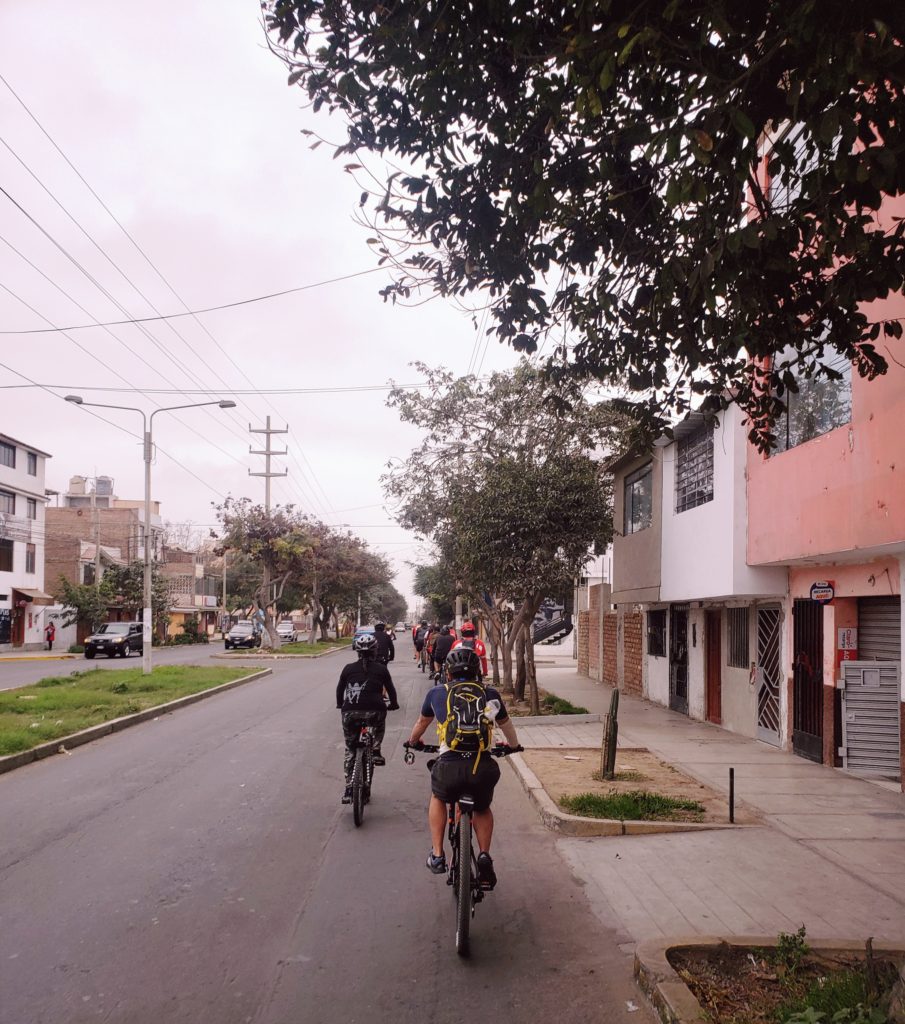
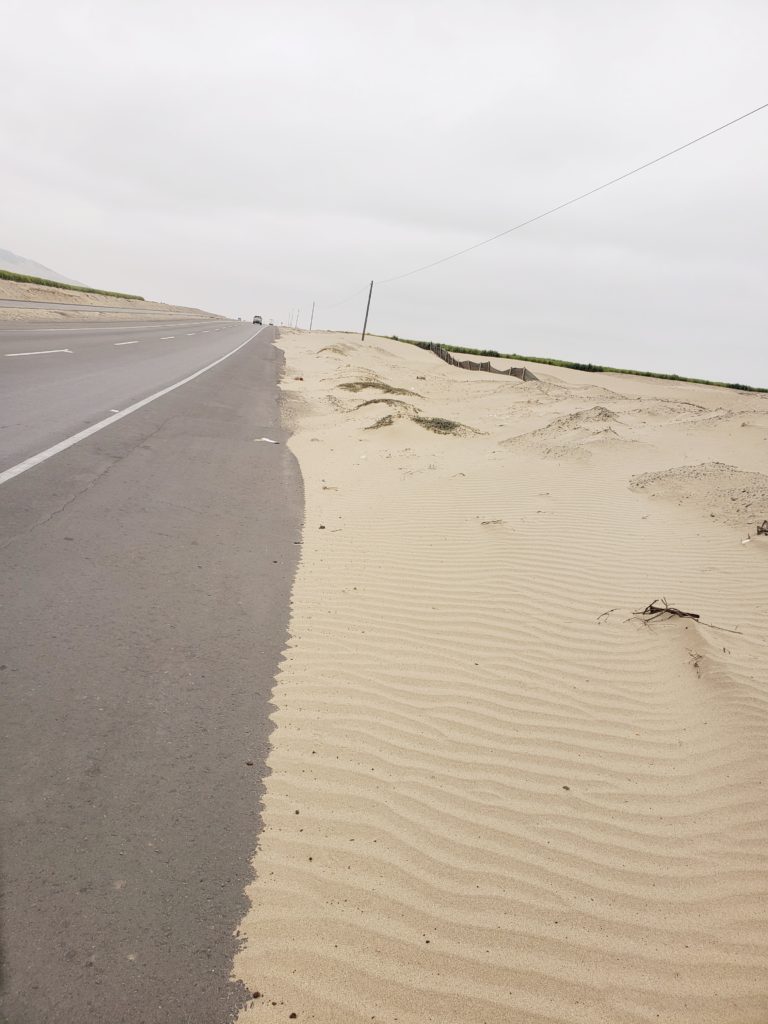
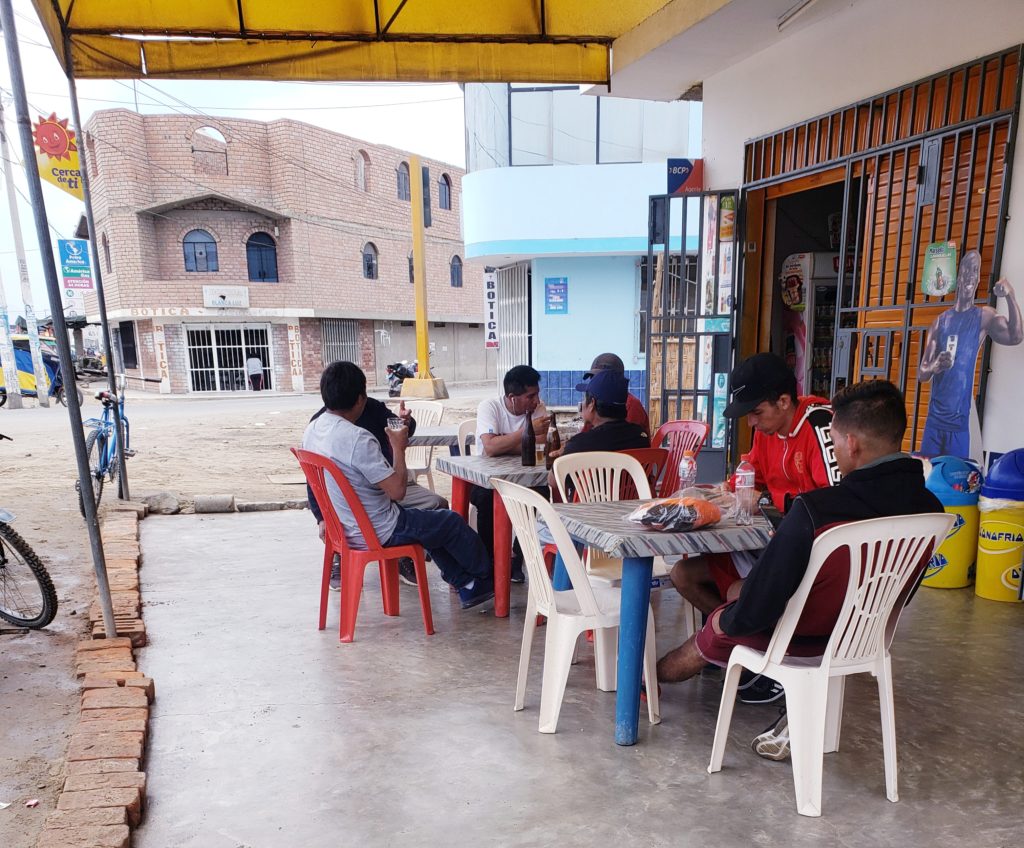
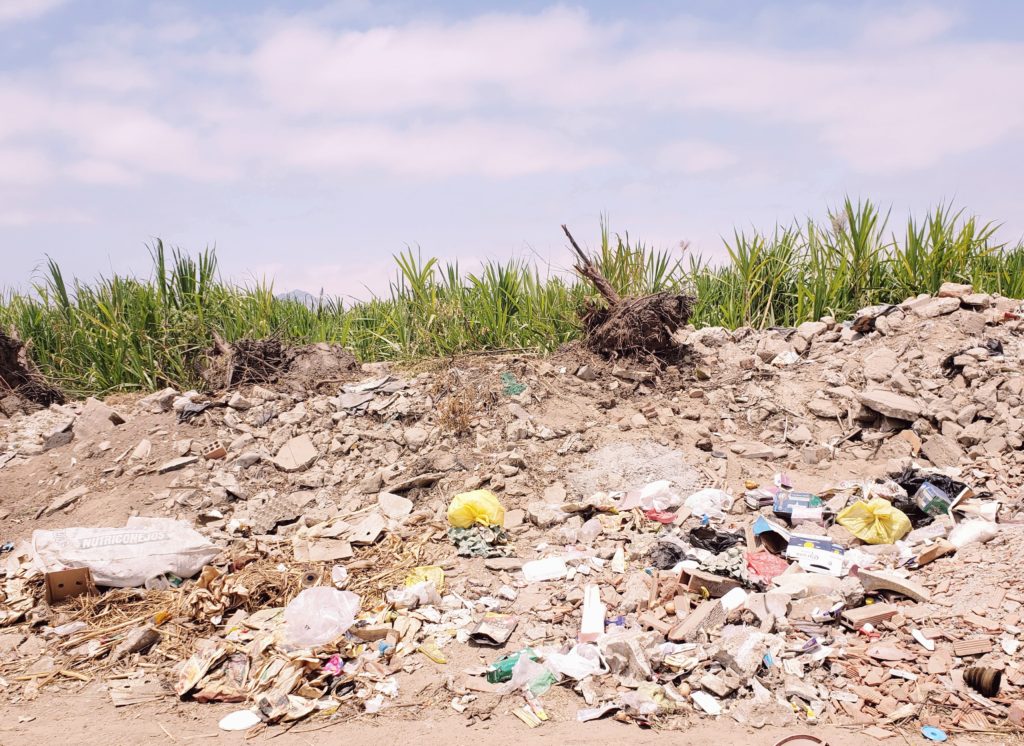


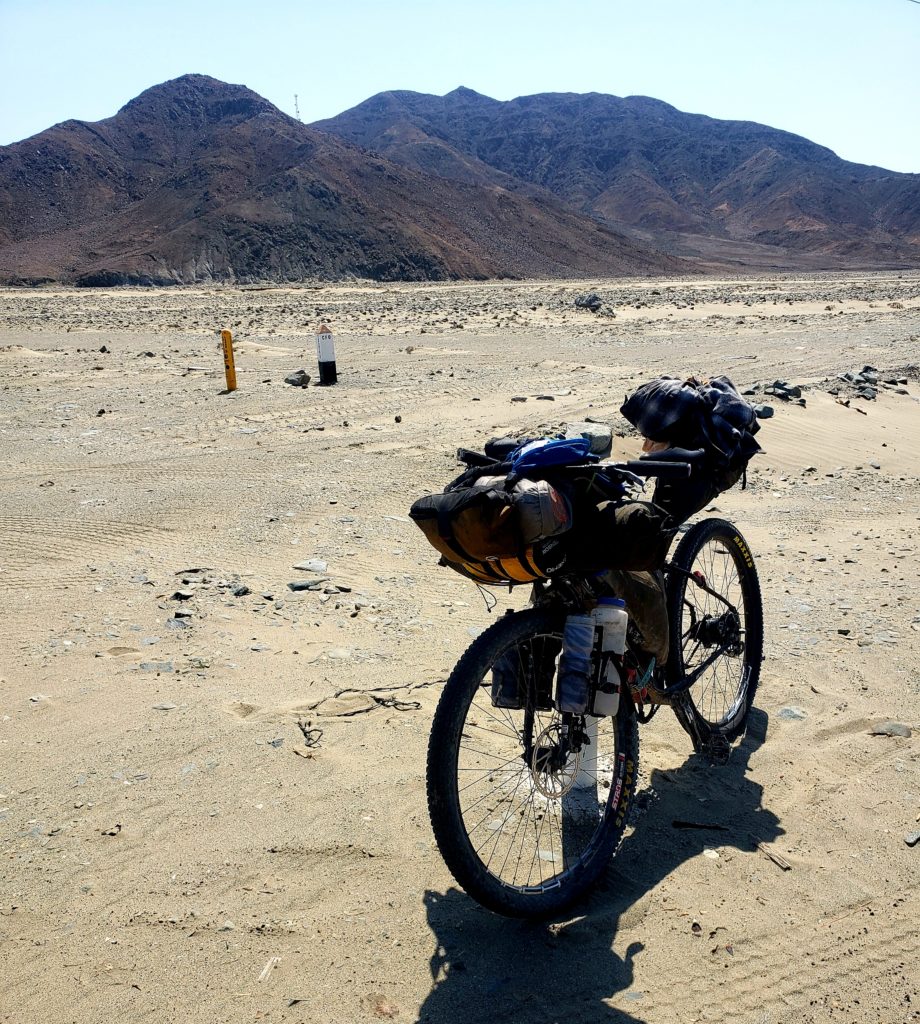
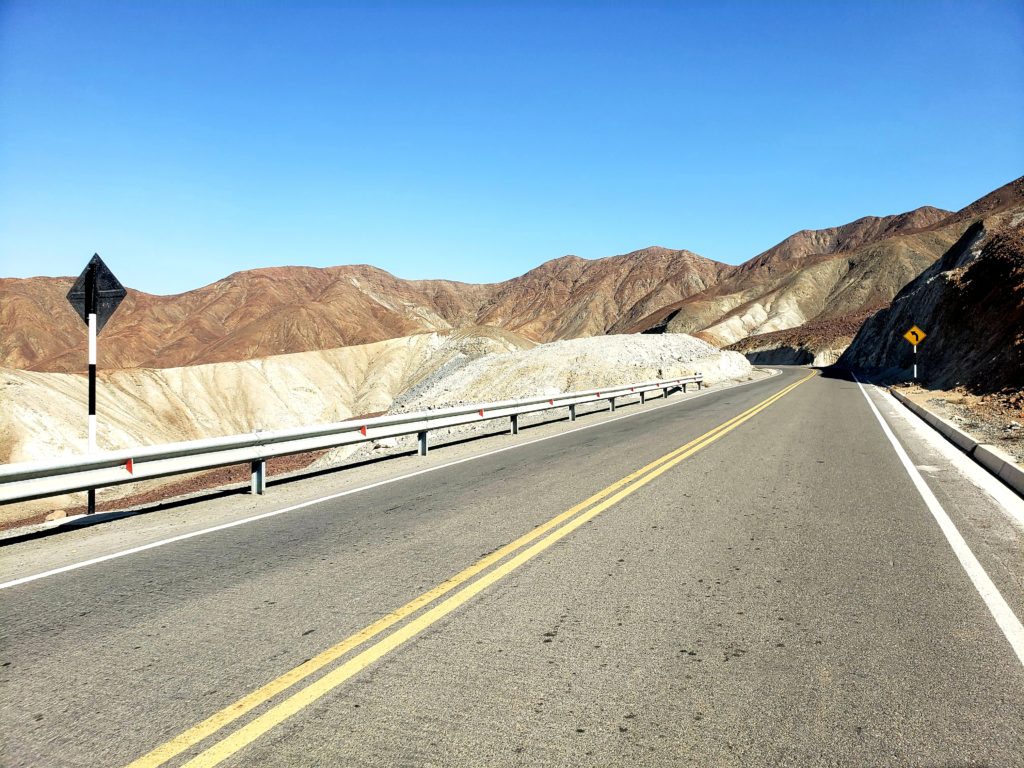
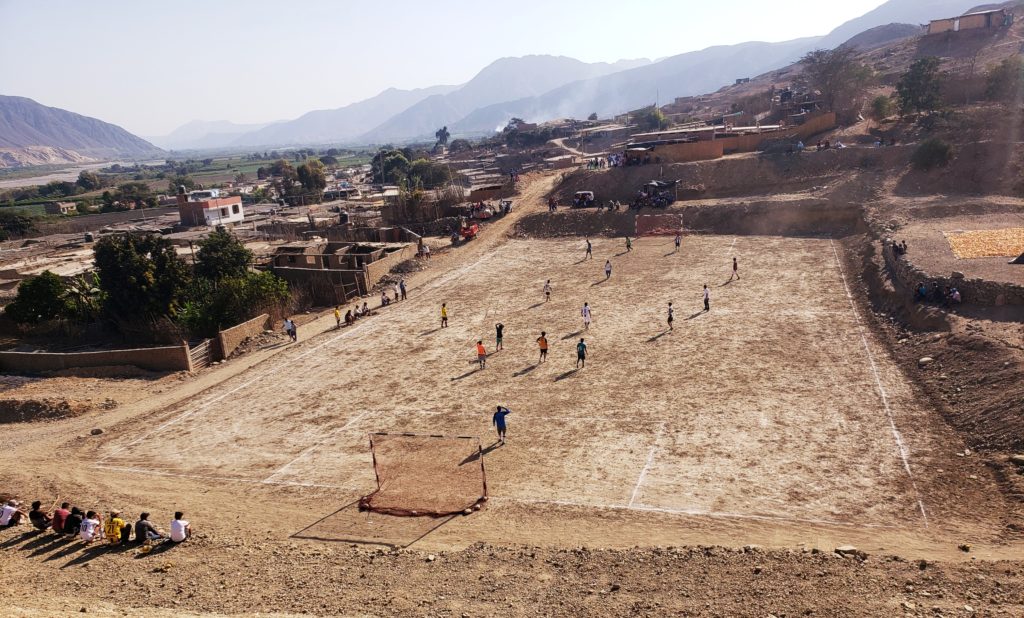
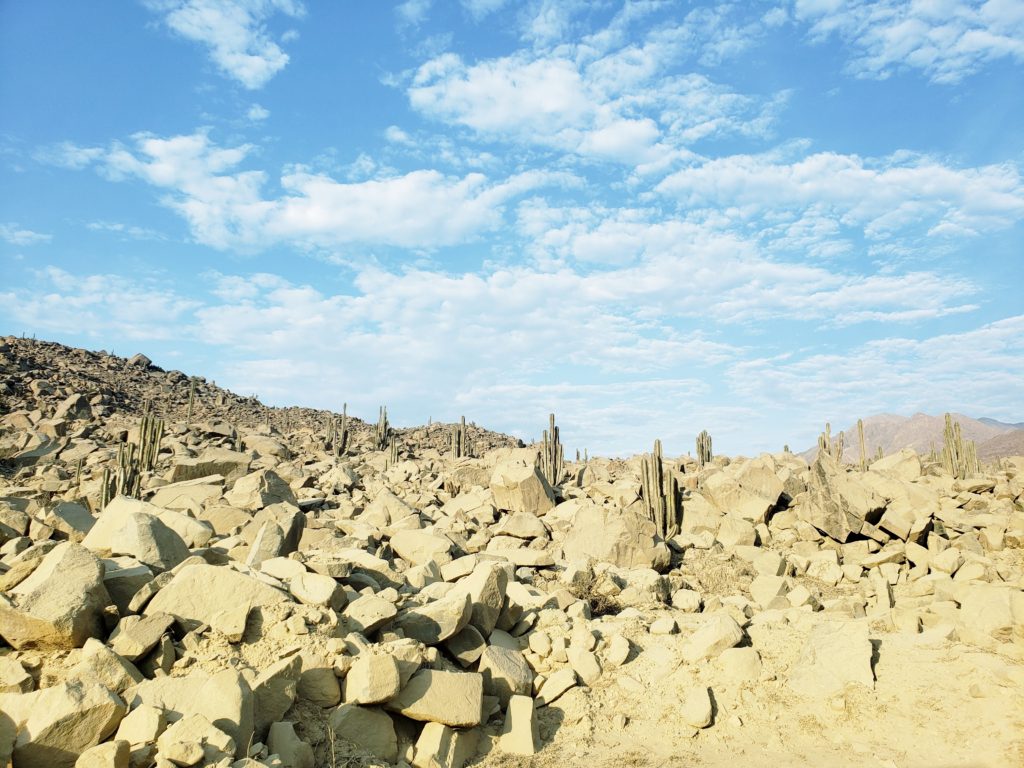
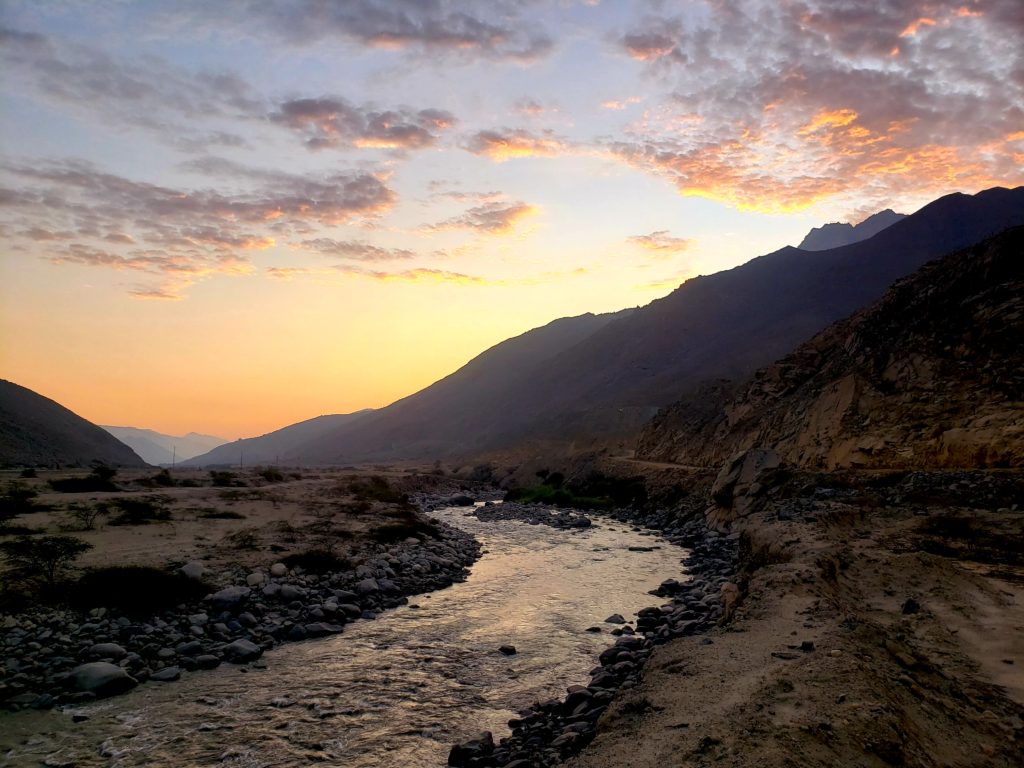
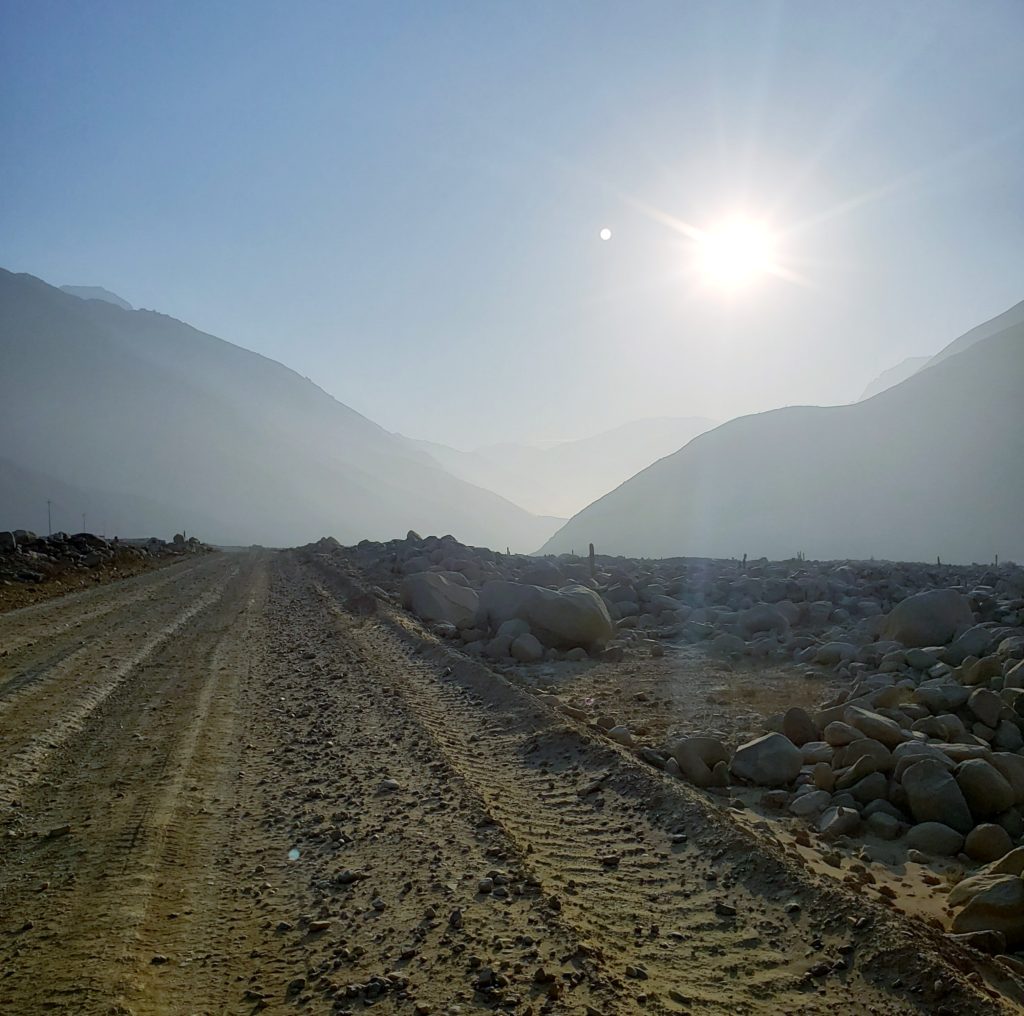

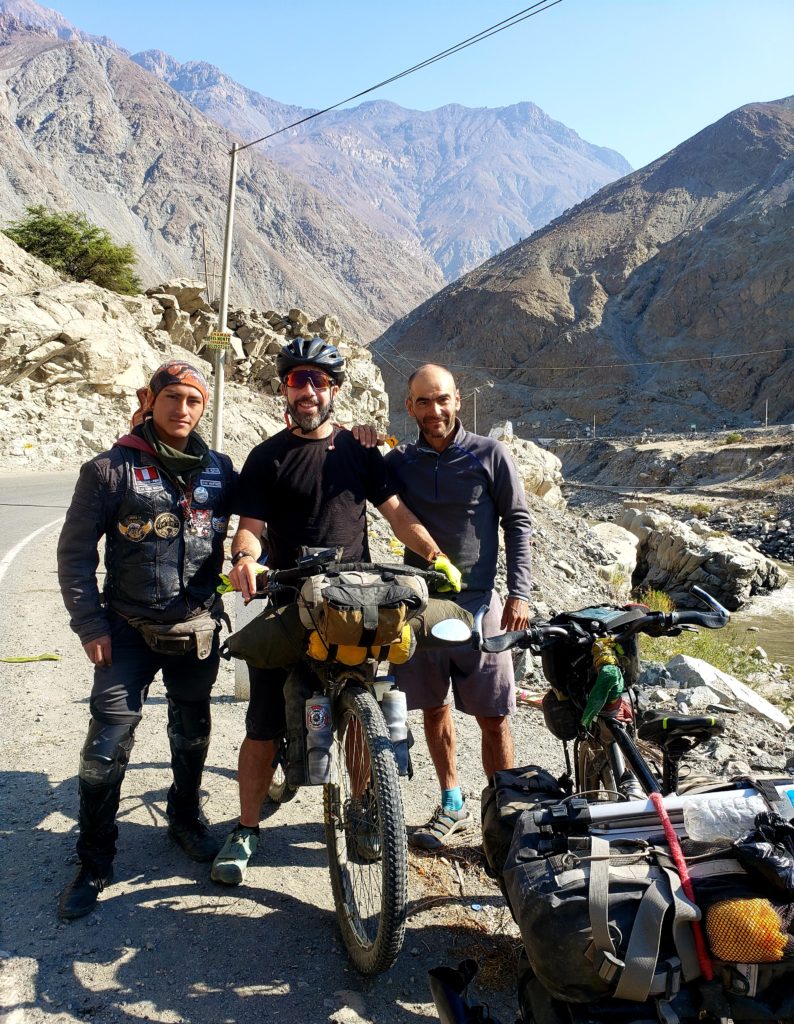
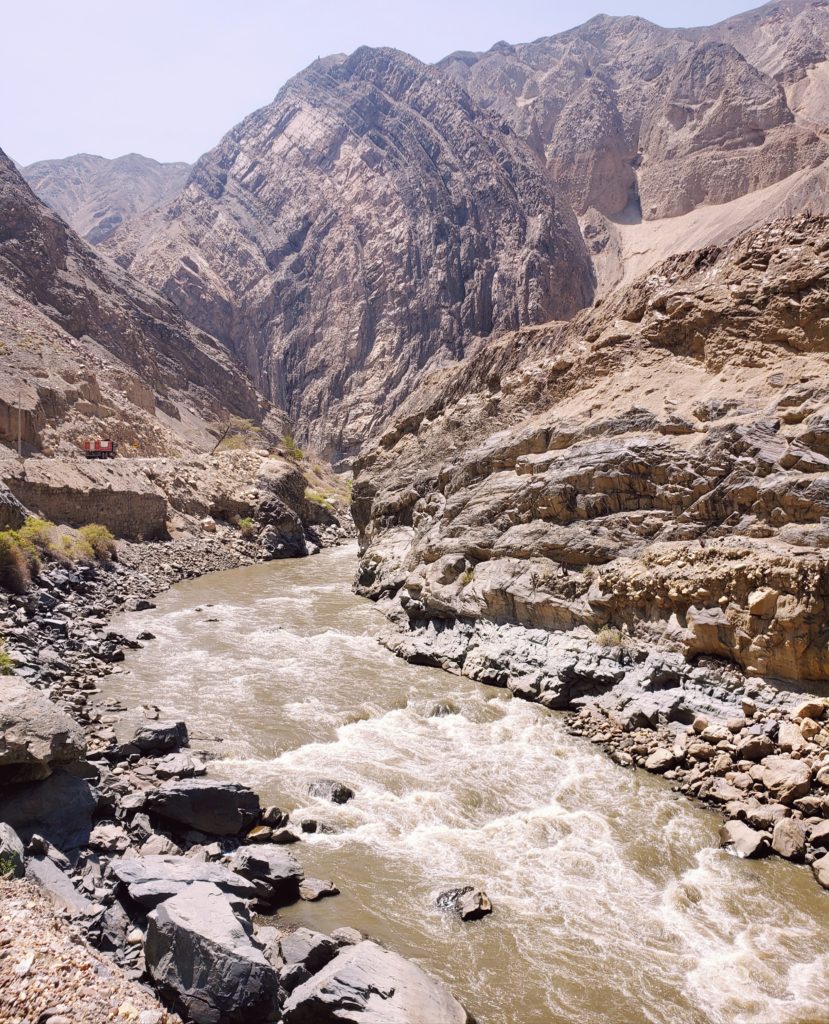
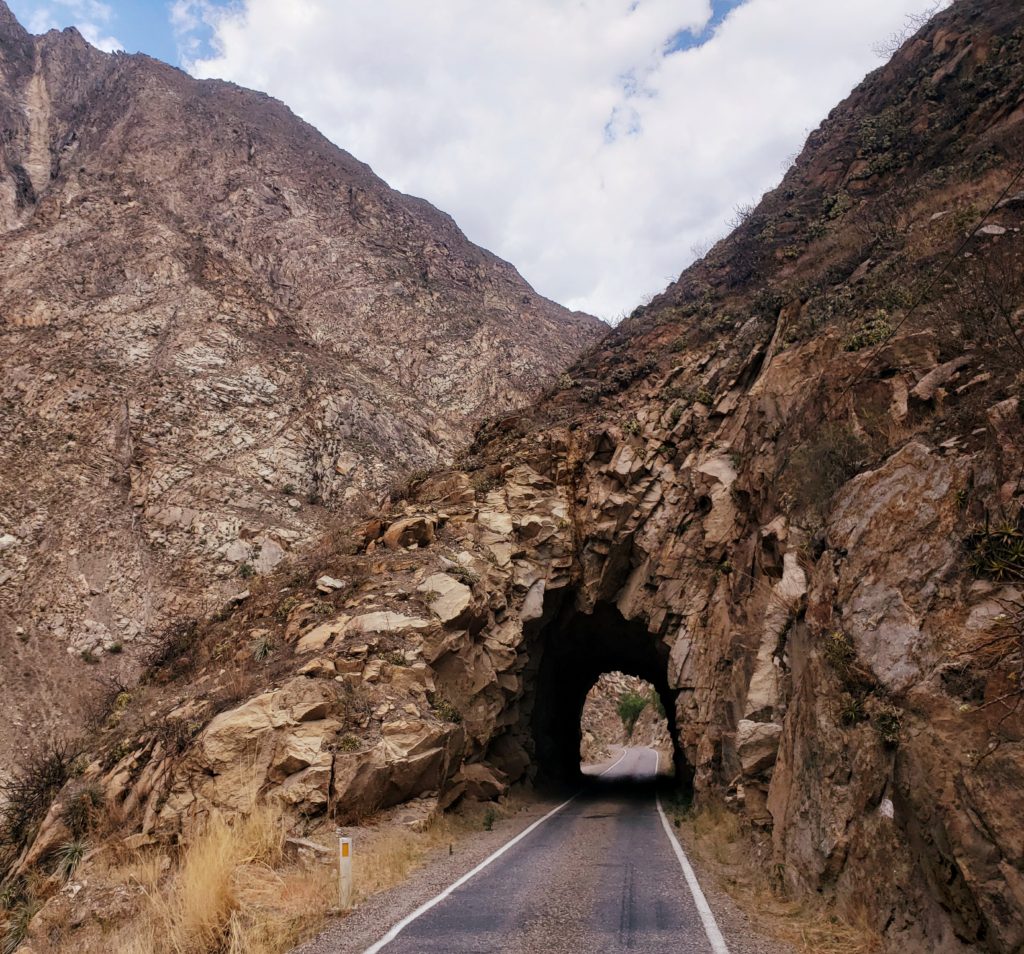
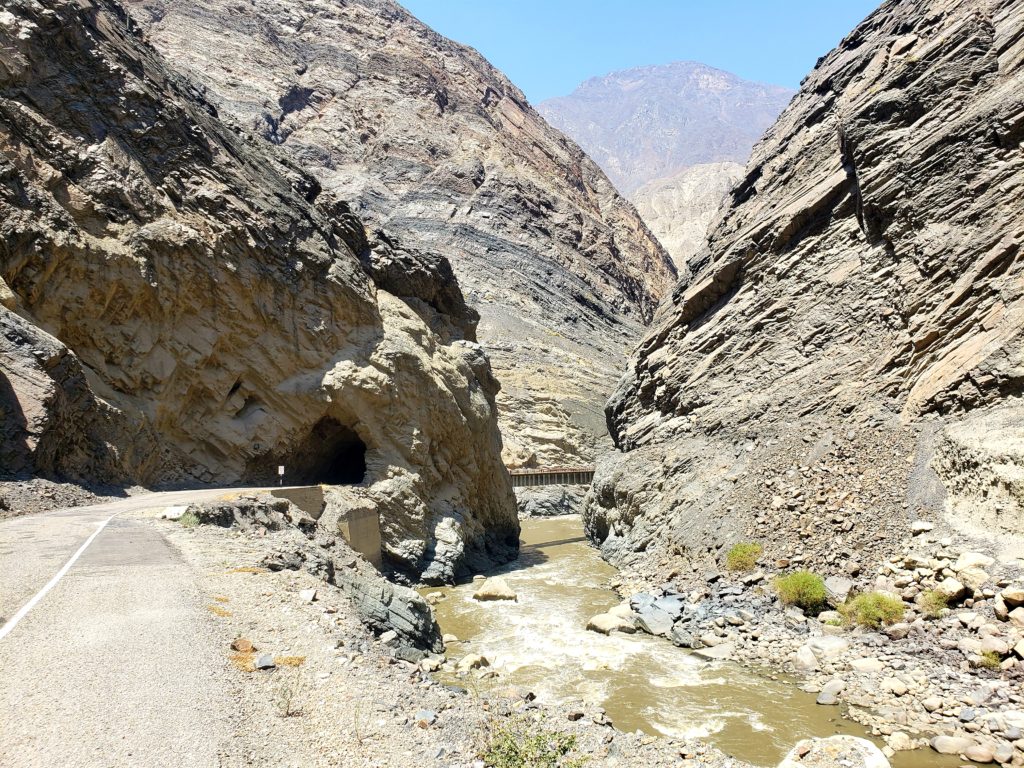
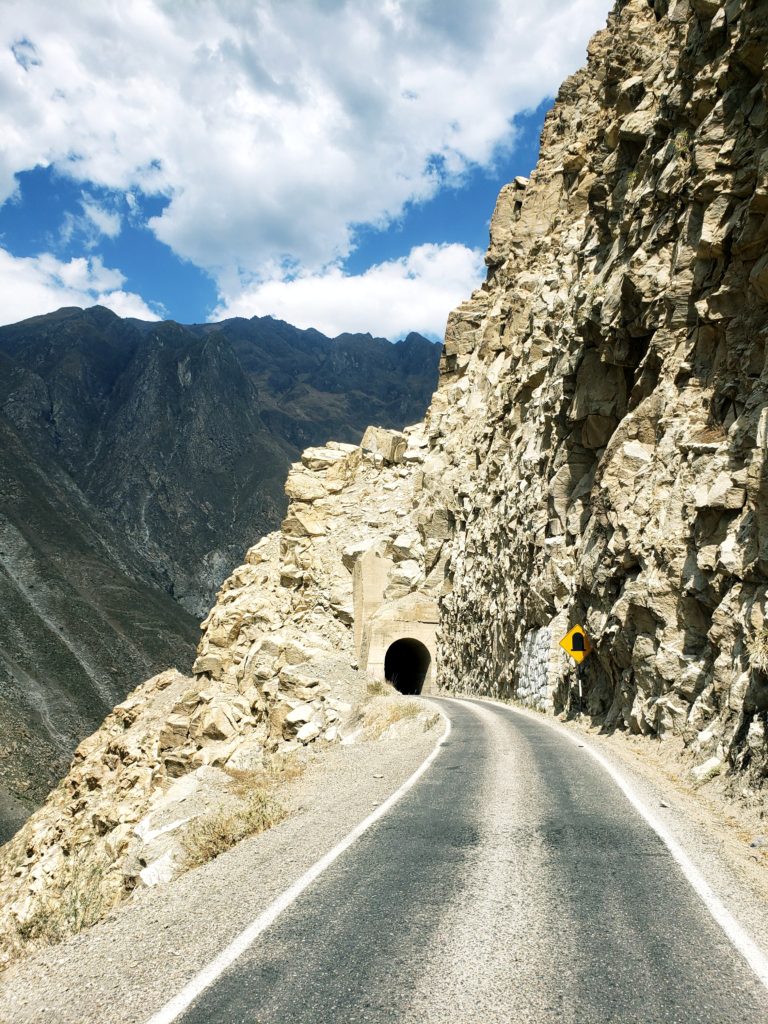
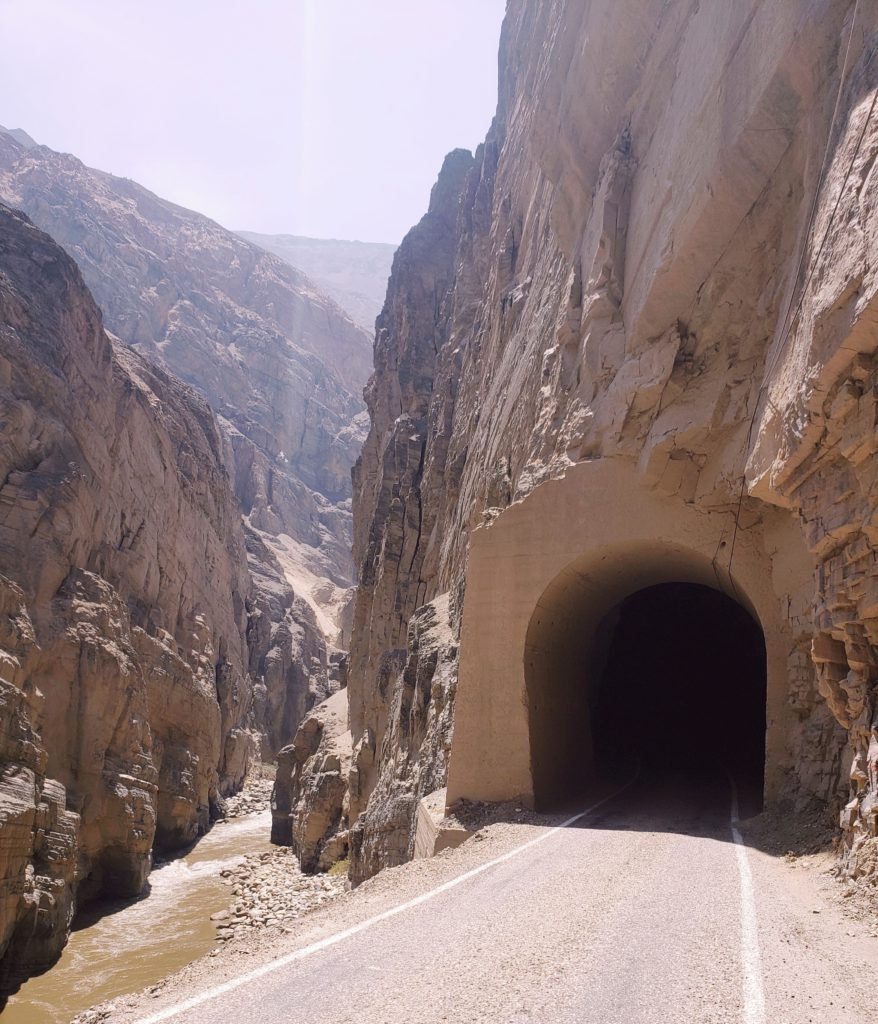
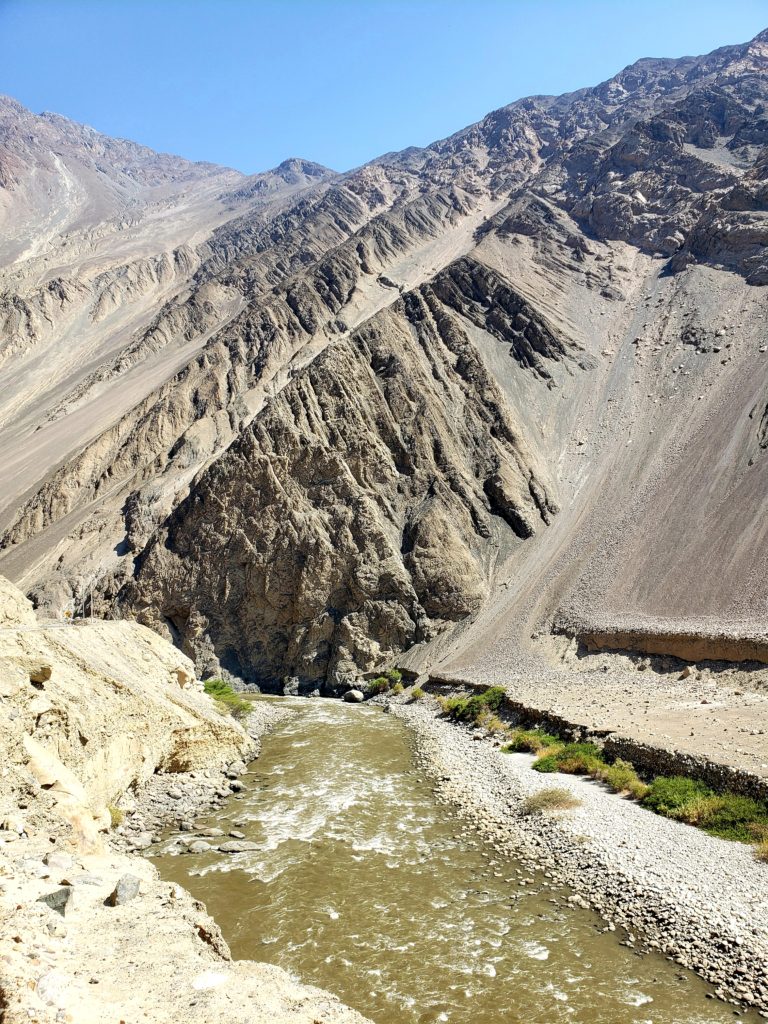
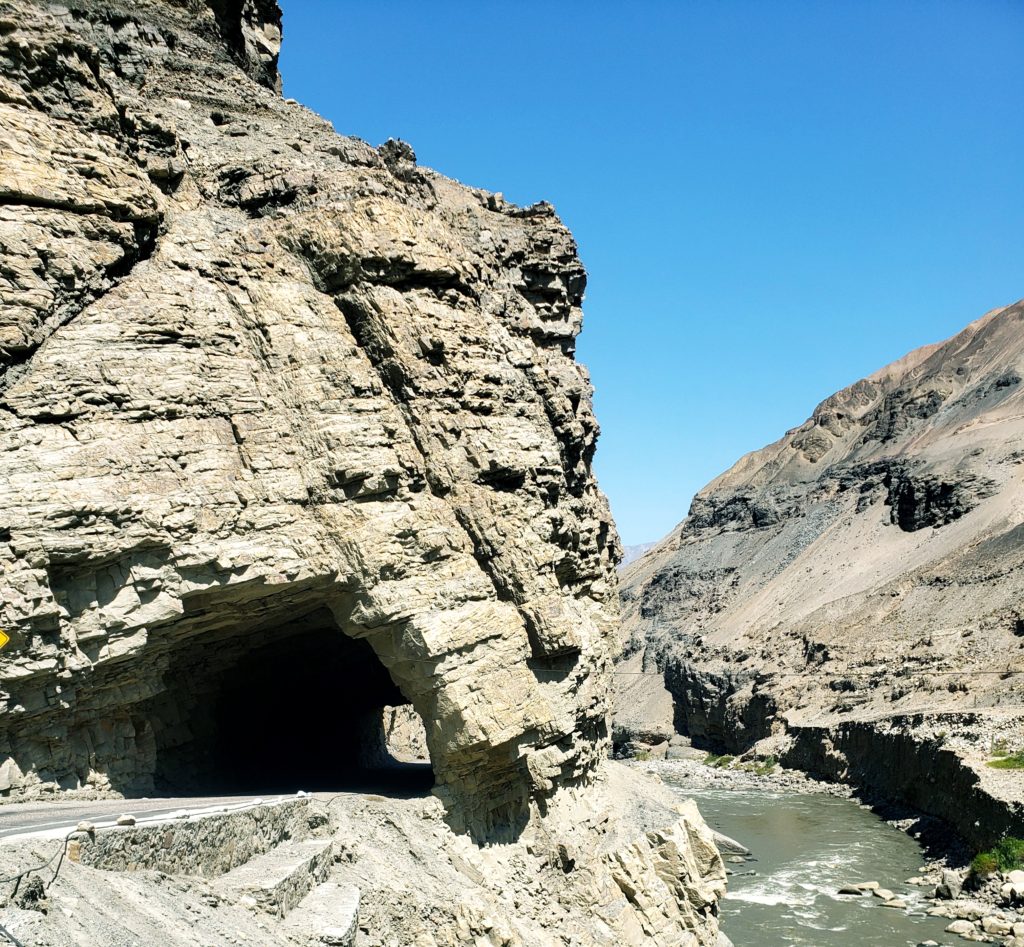
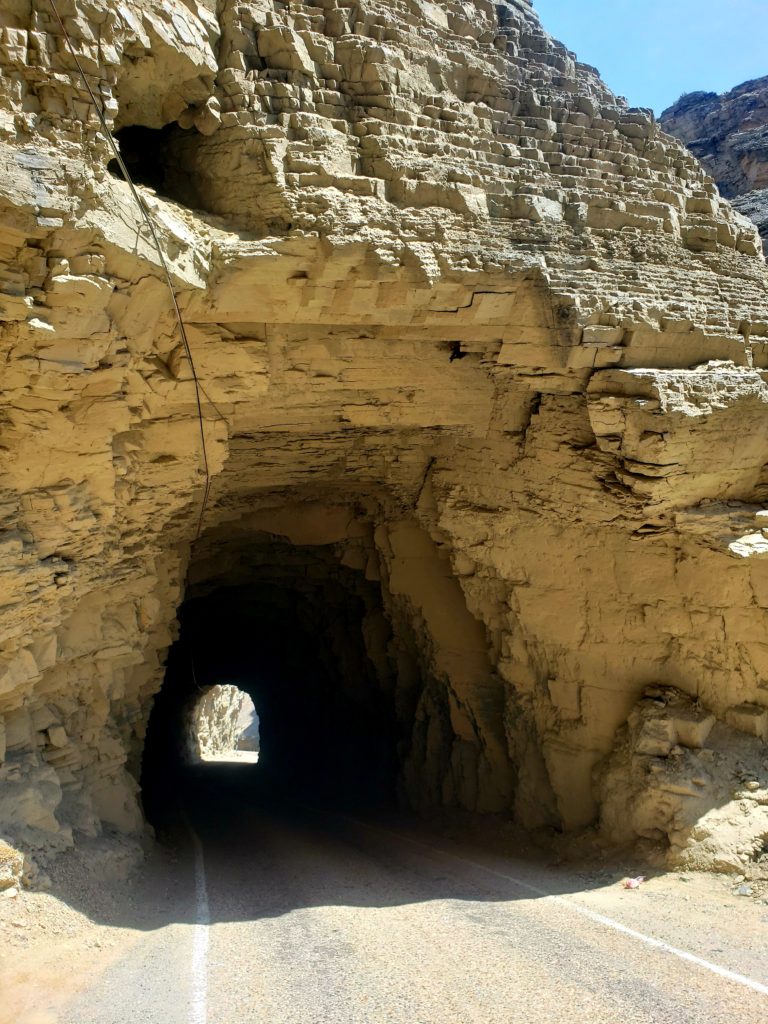
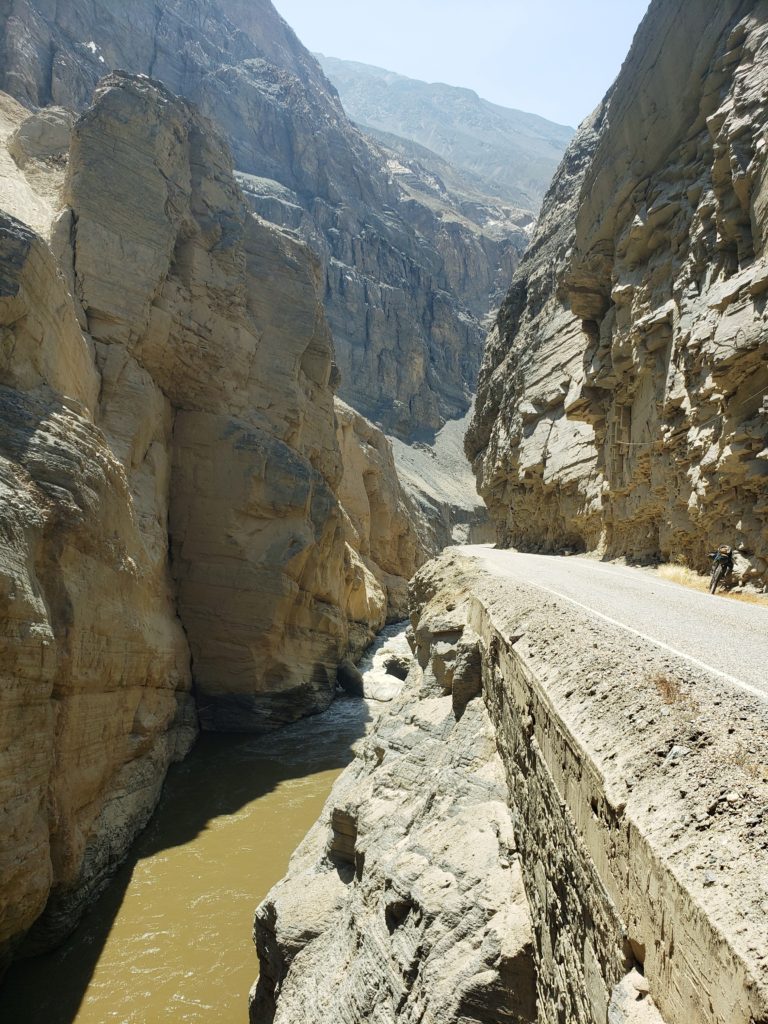
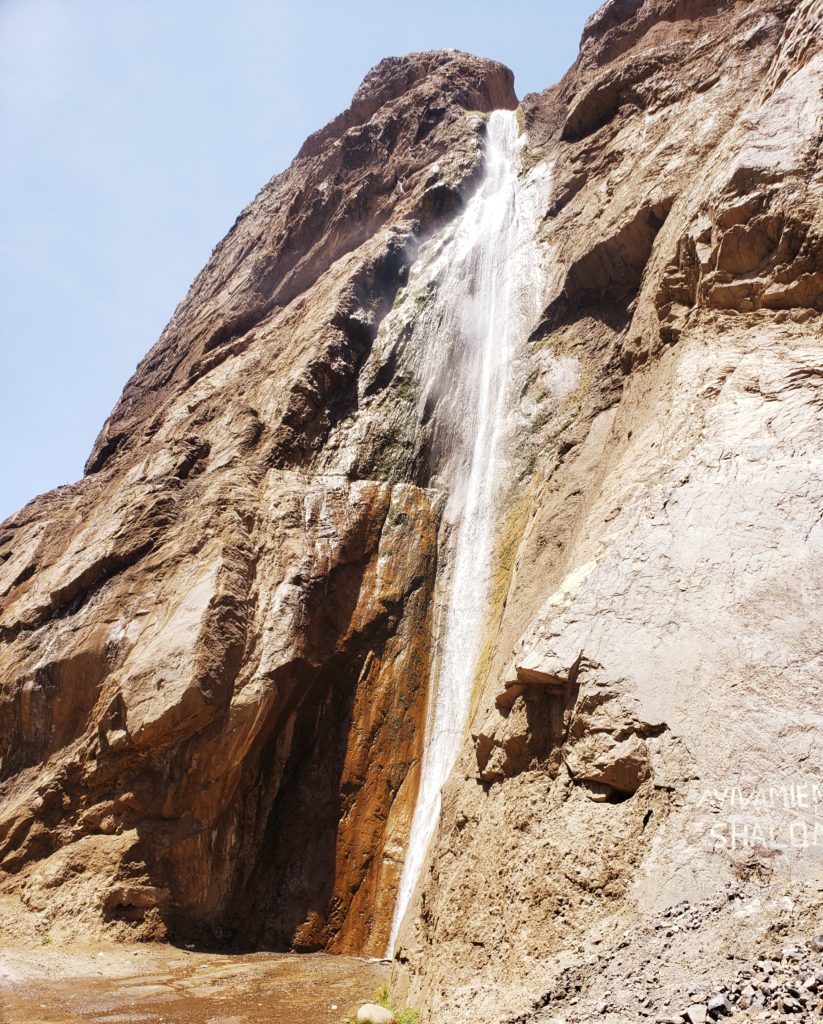
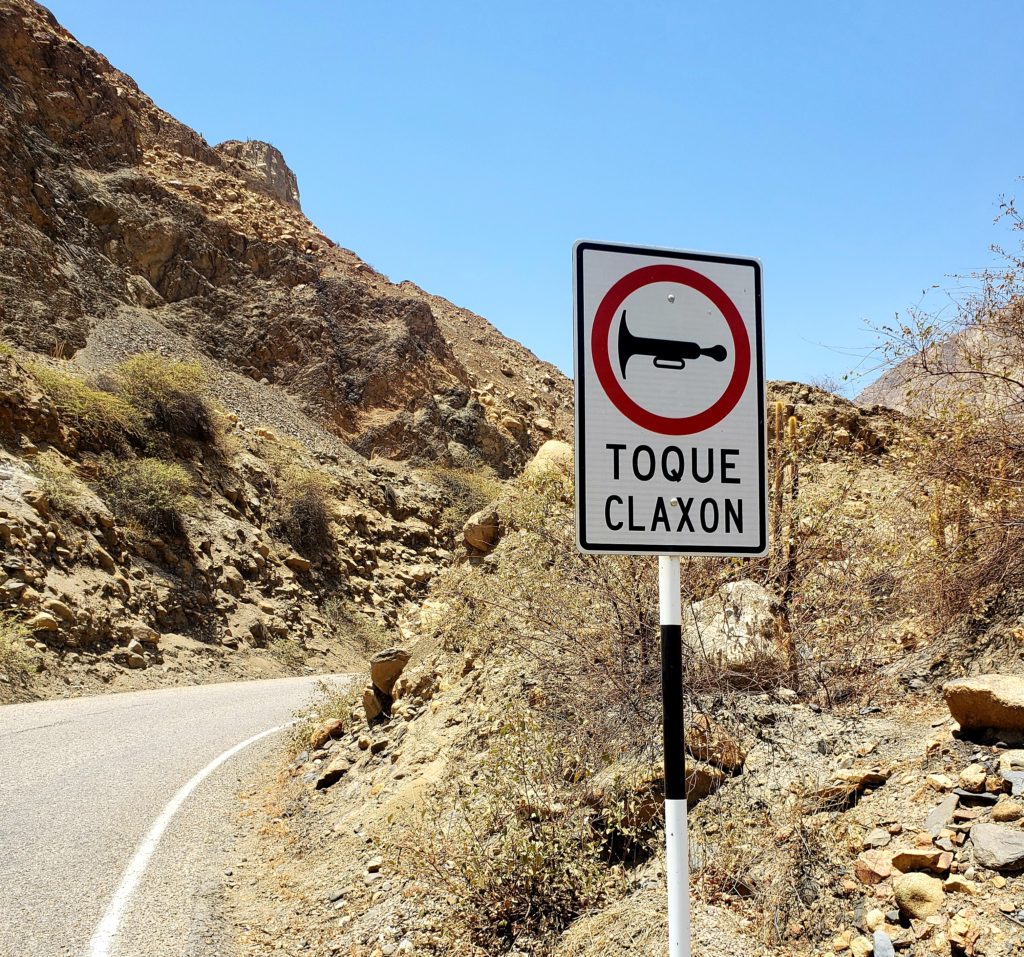
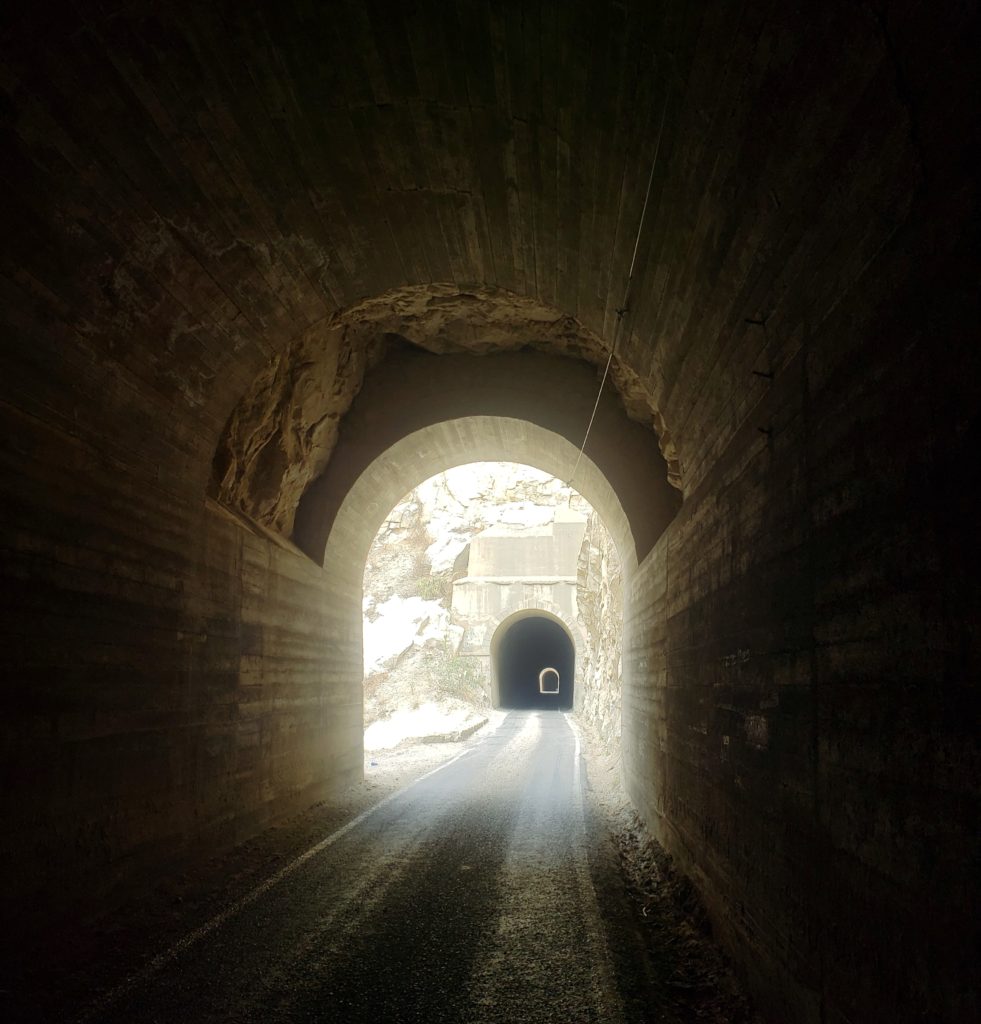
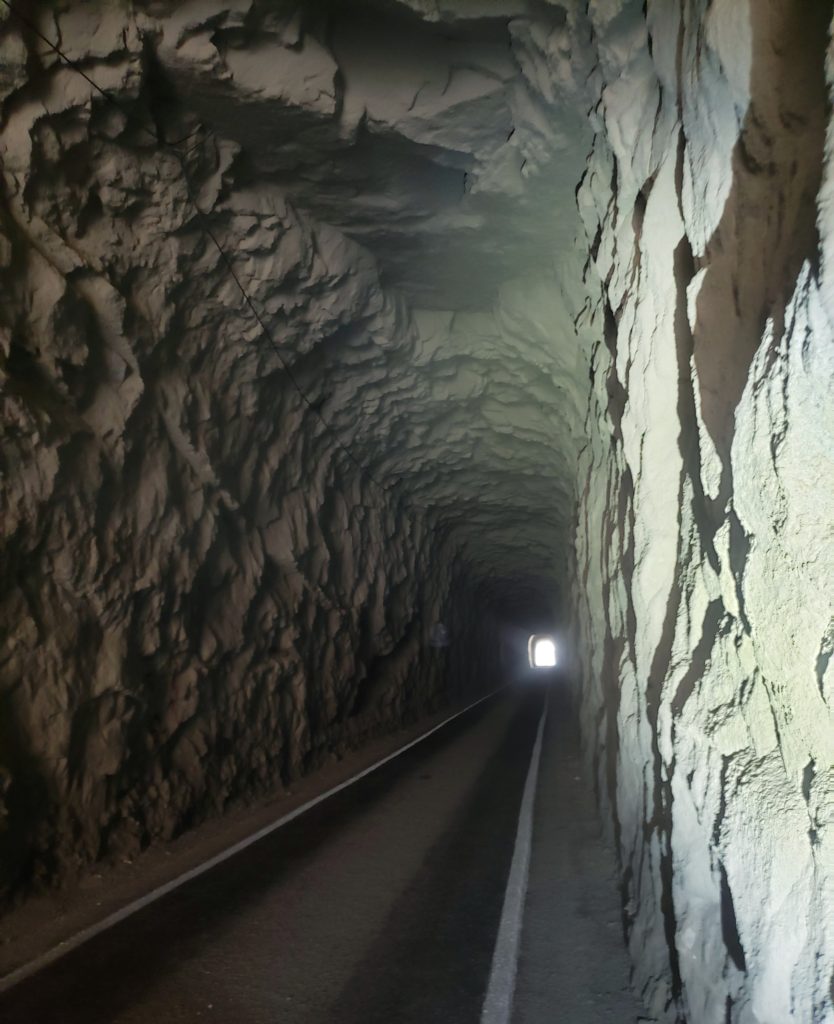
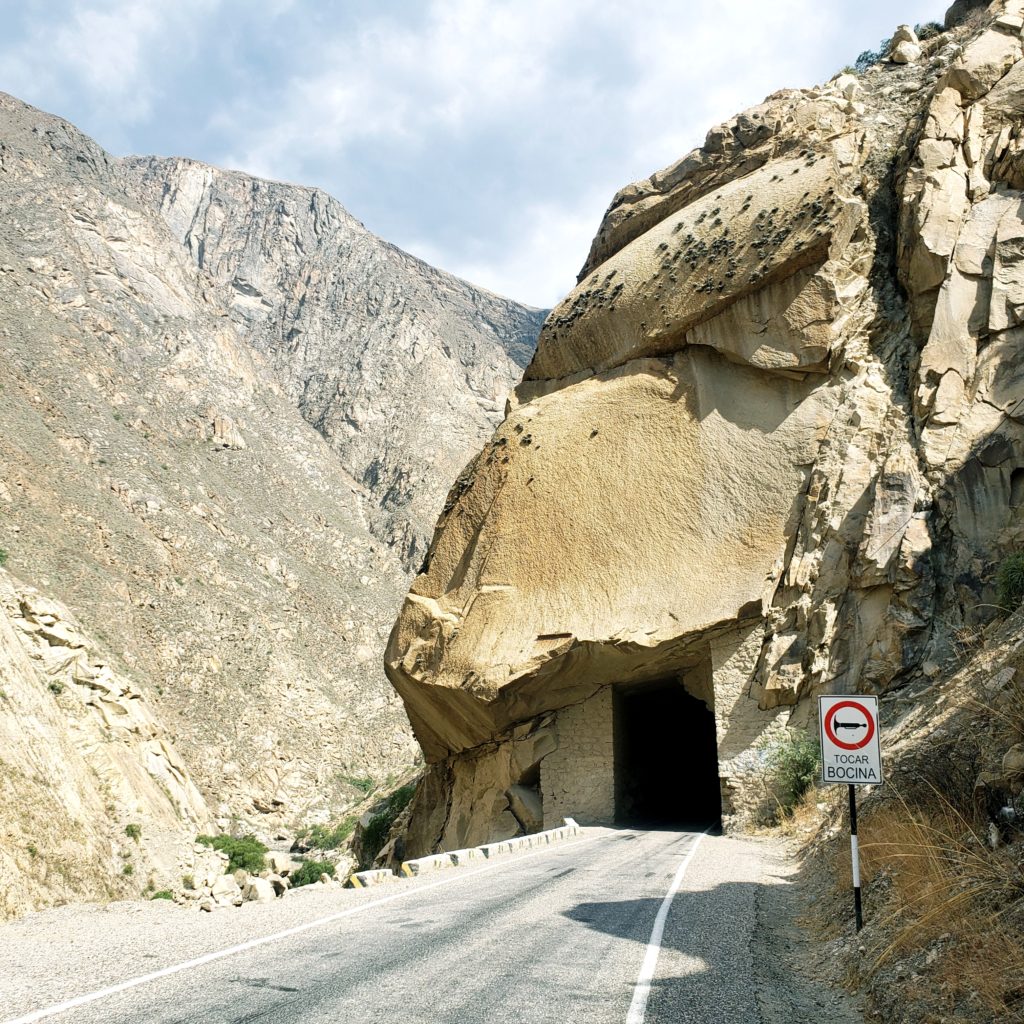
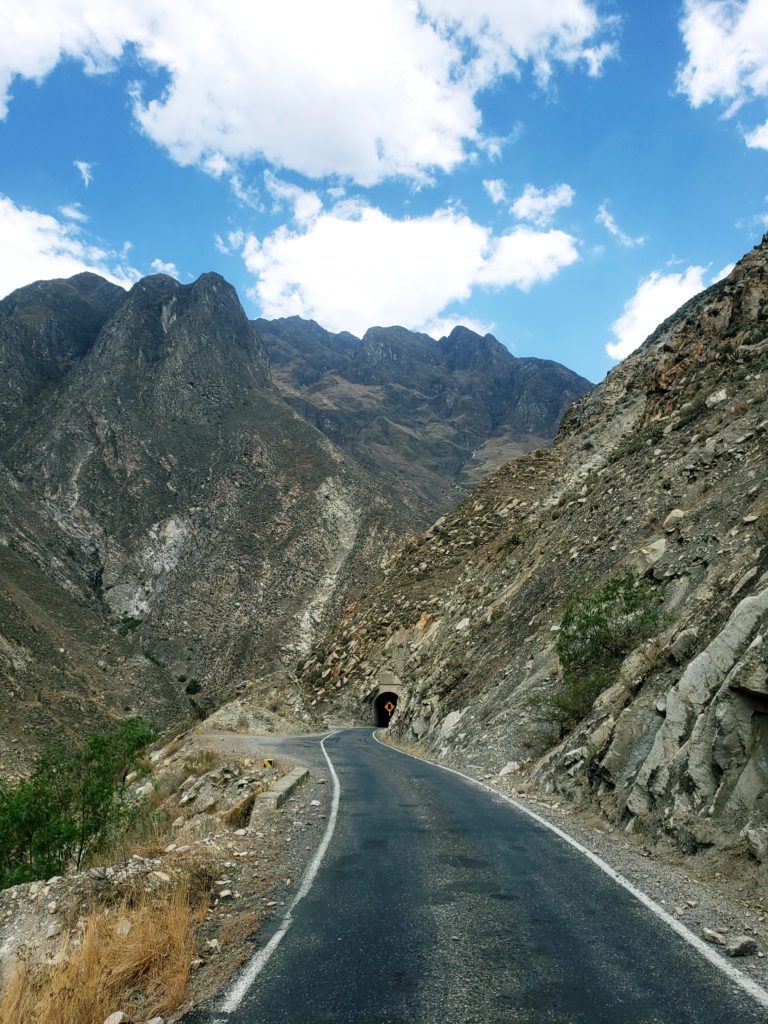
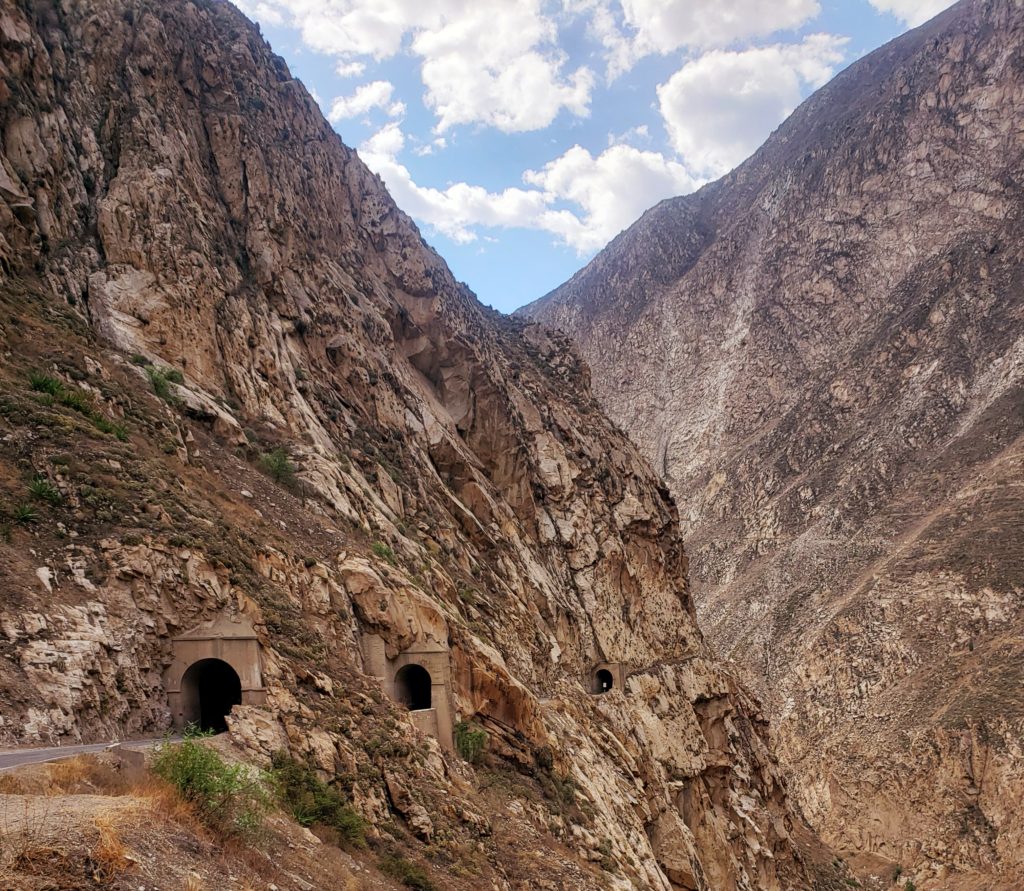
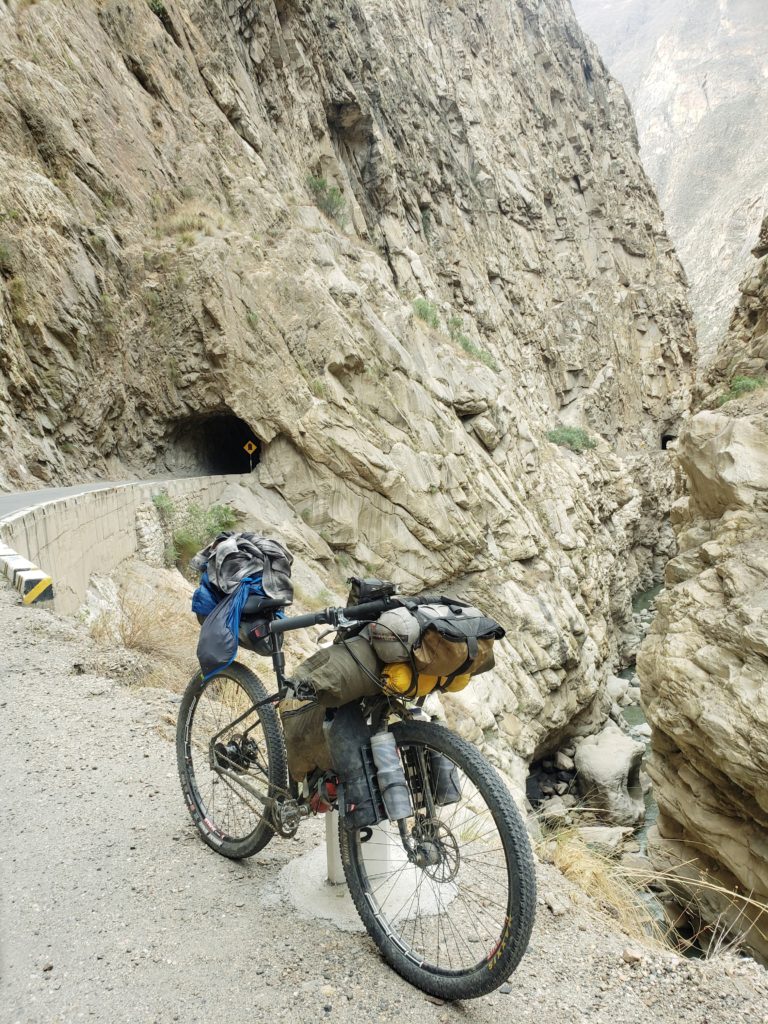
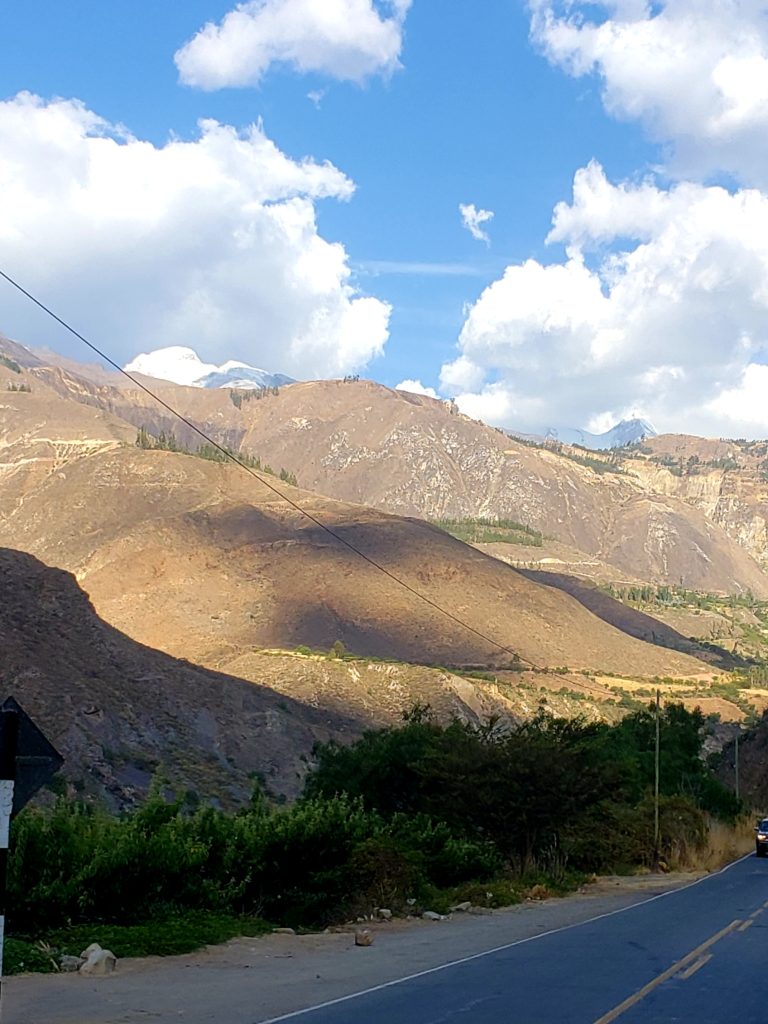
Archives
Calendar
| M | T | W | T | F | S | S |
|---|---|---|---|---|---|---|
| « Mar | ||||||
| 1 | 2 | 3 | 4 | |||
| 5 | 6 | 7 | 8 | 9 | 10 | 11 |
| 12 | 13 | 14 | 15 | 16 | 17 | 18 |
| 19 | 20 | 21 | 22 | 23 | 24 | 25 |
| 26 | 27 | 28 | 29 | 30 | 31 | |